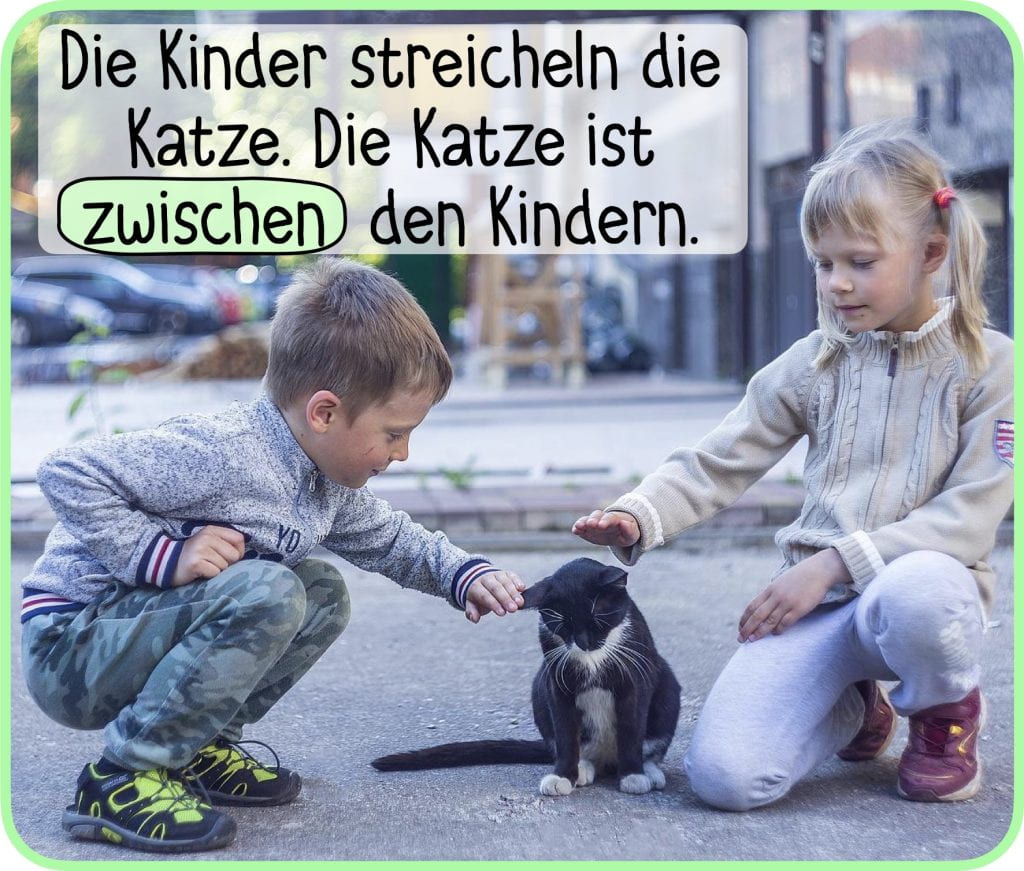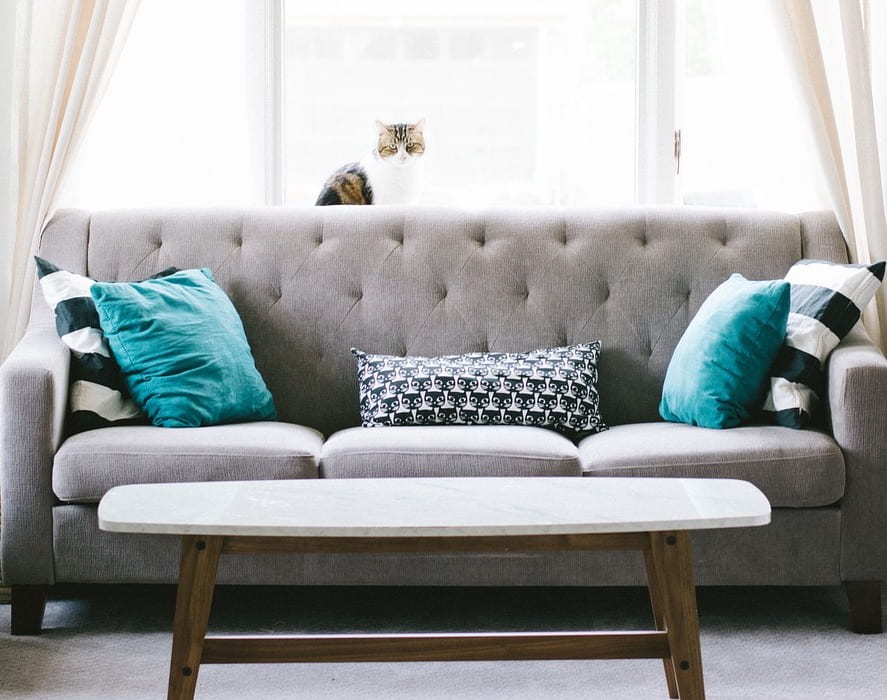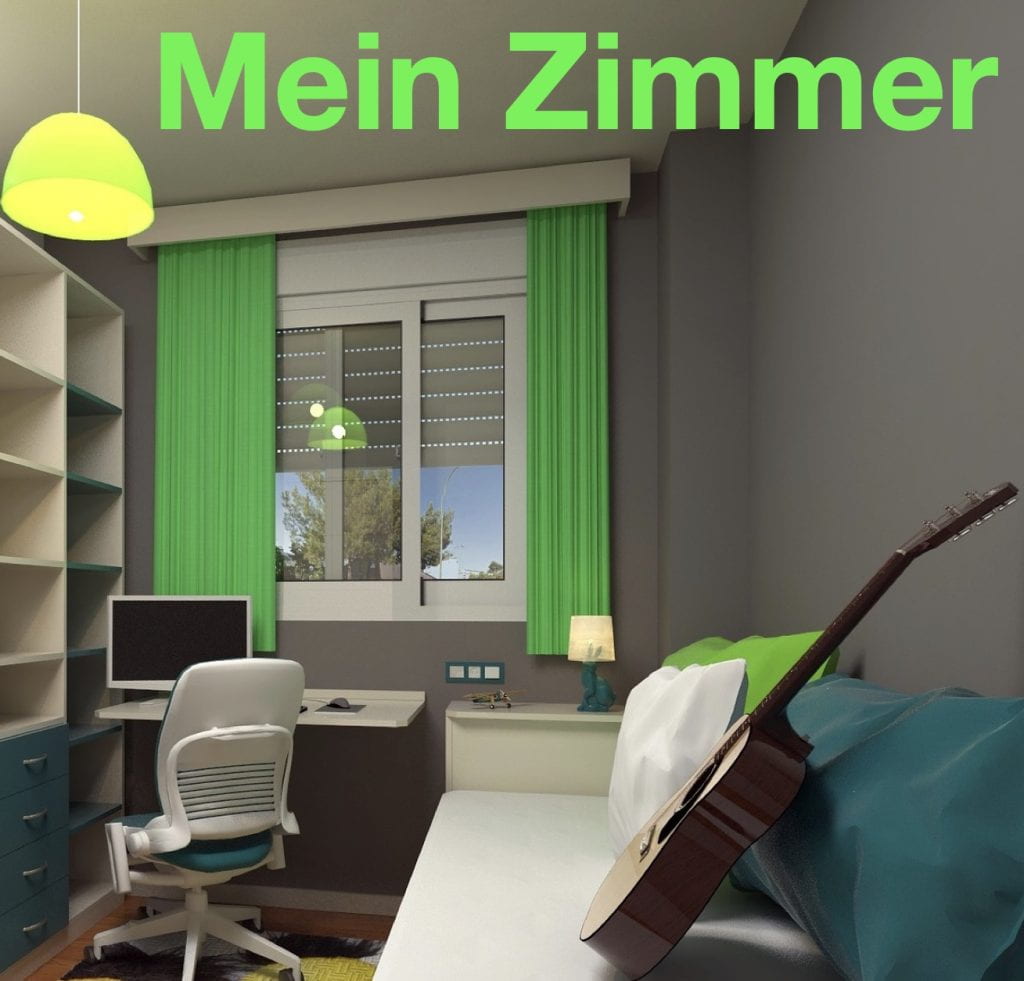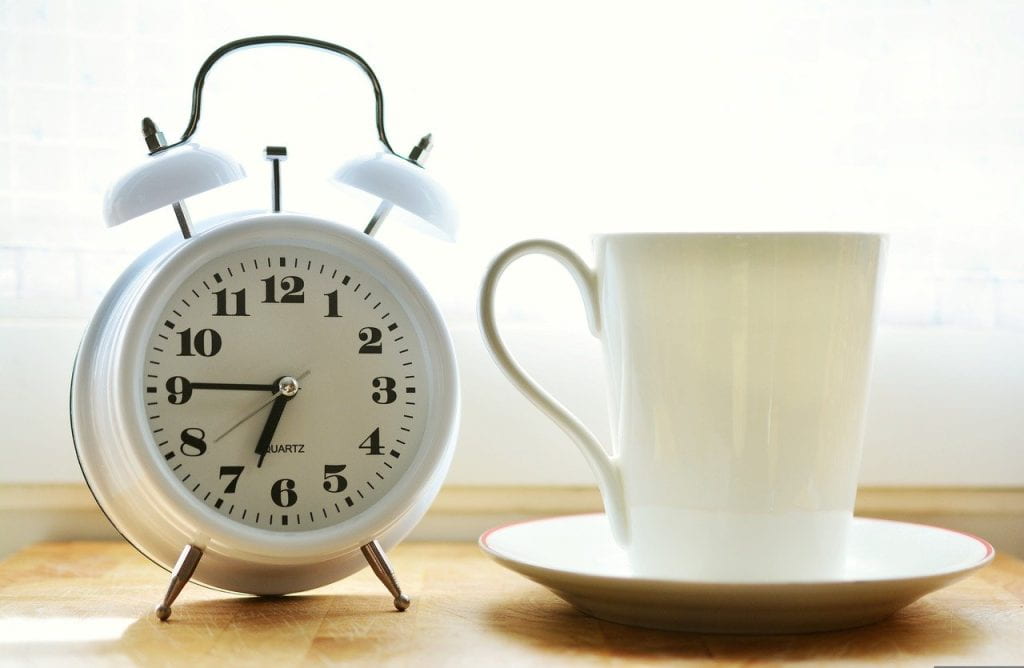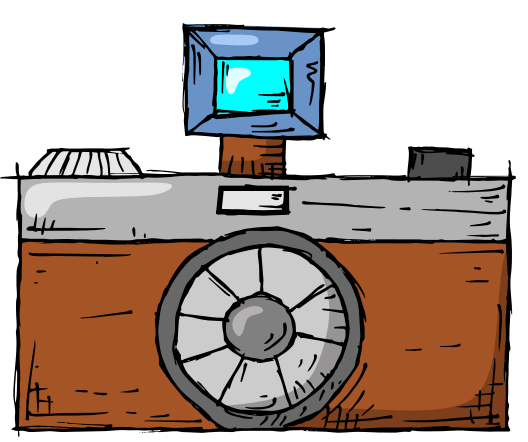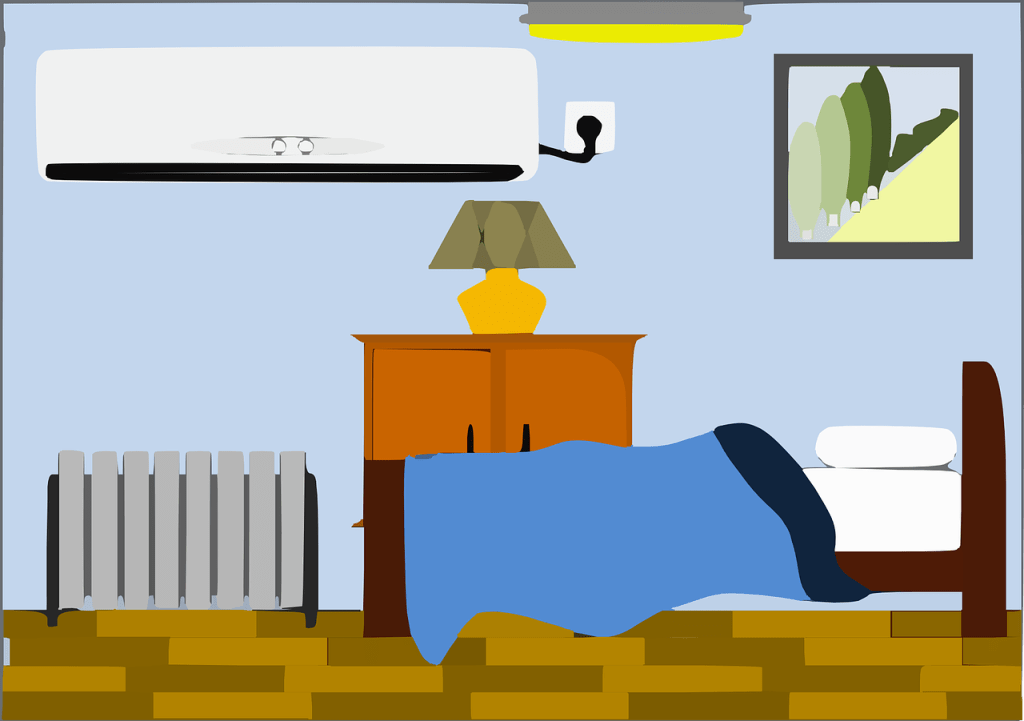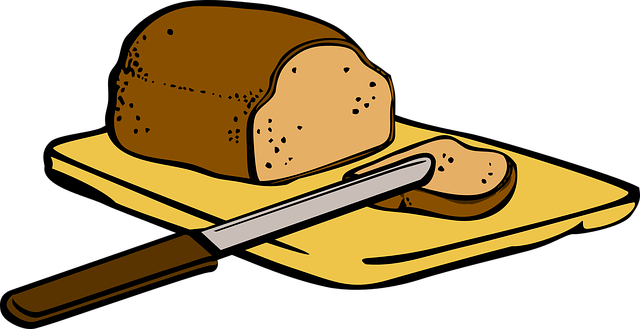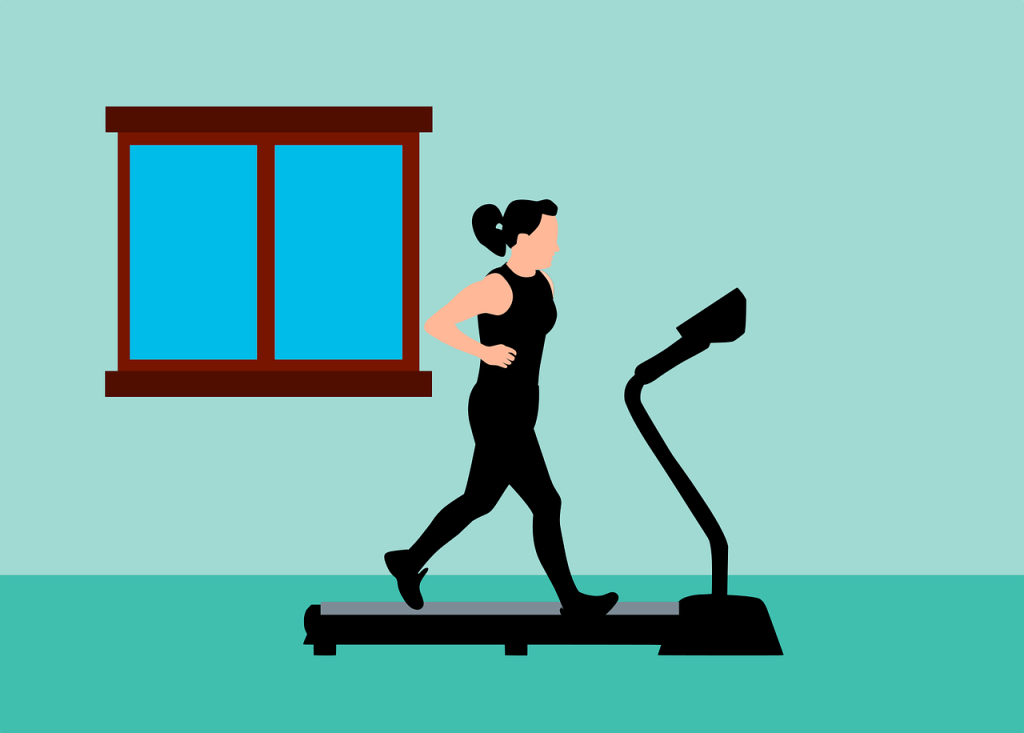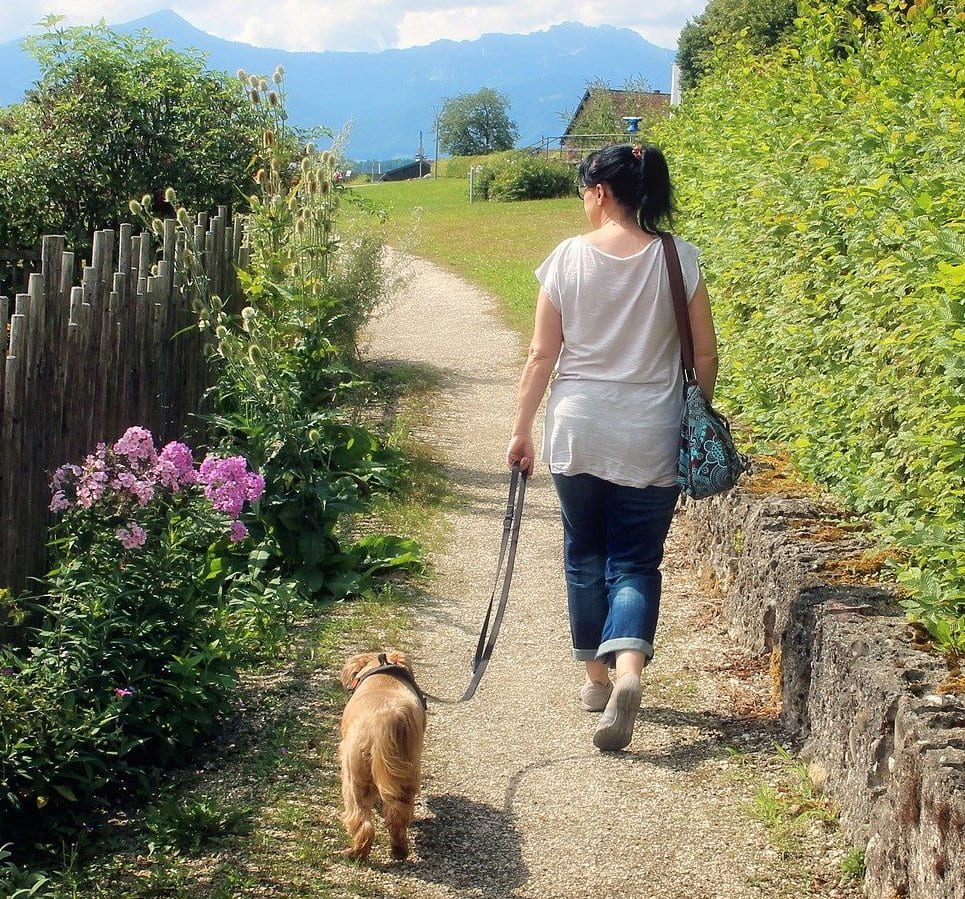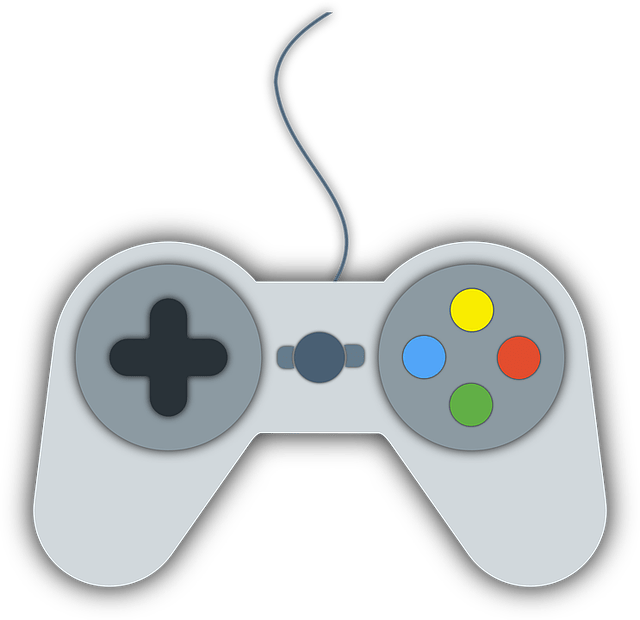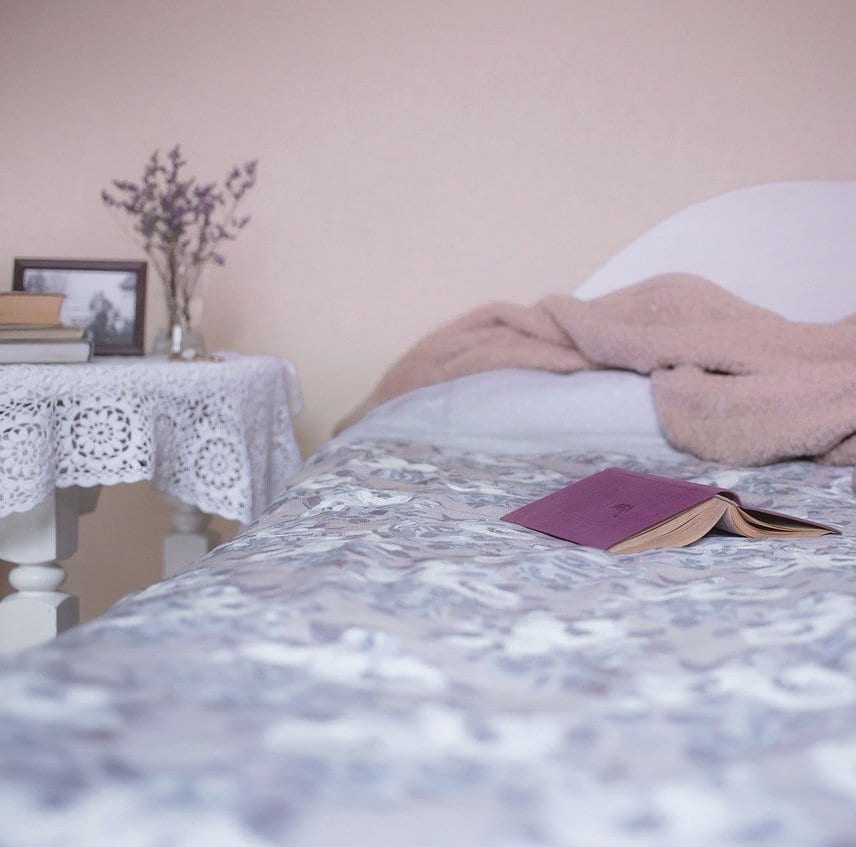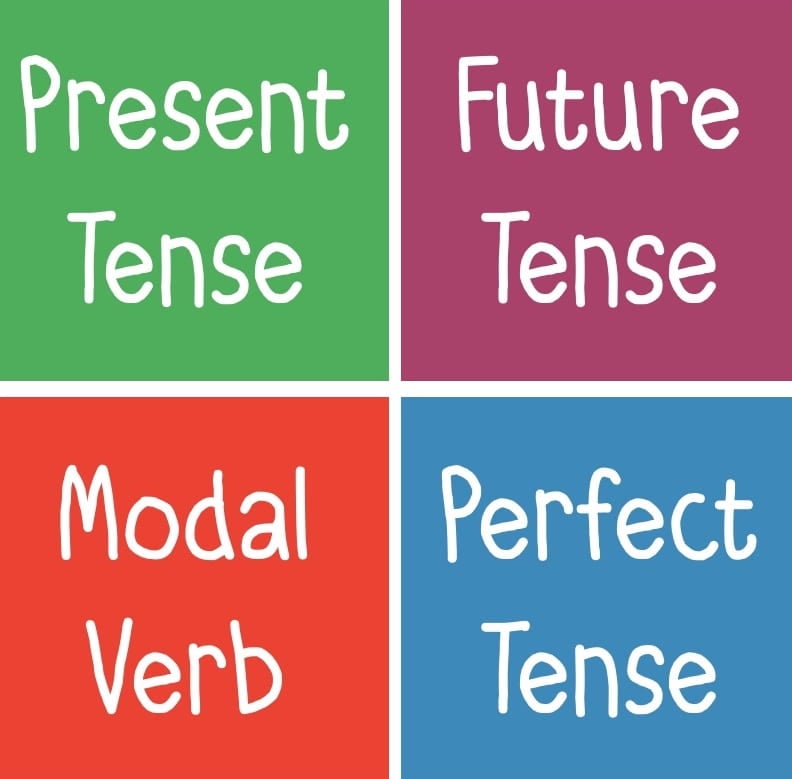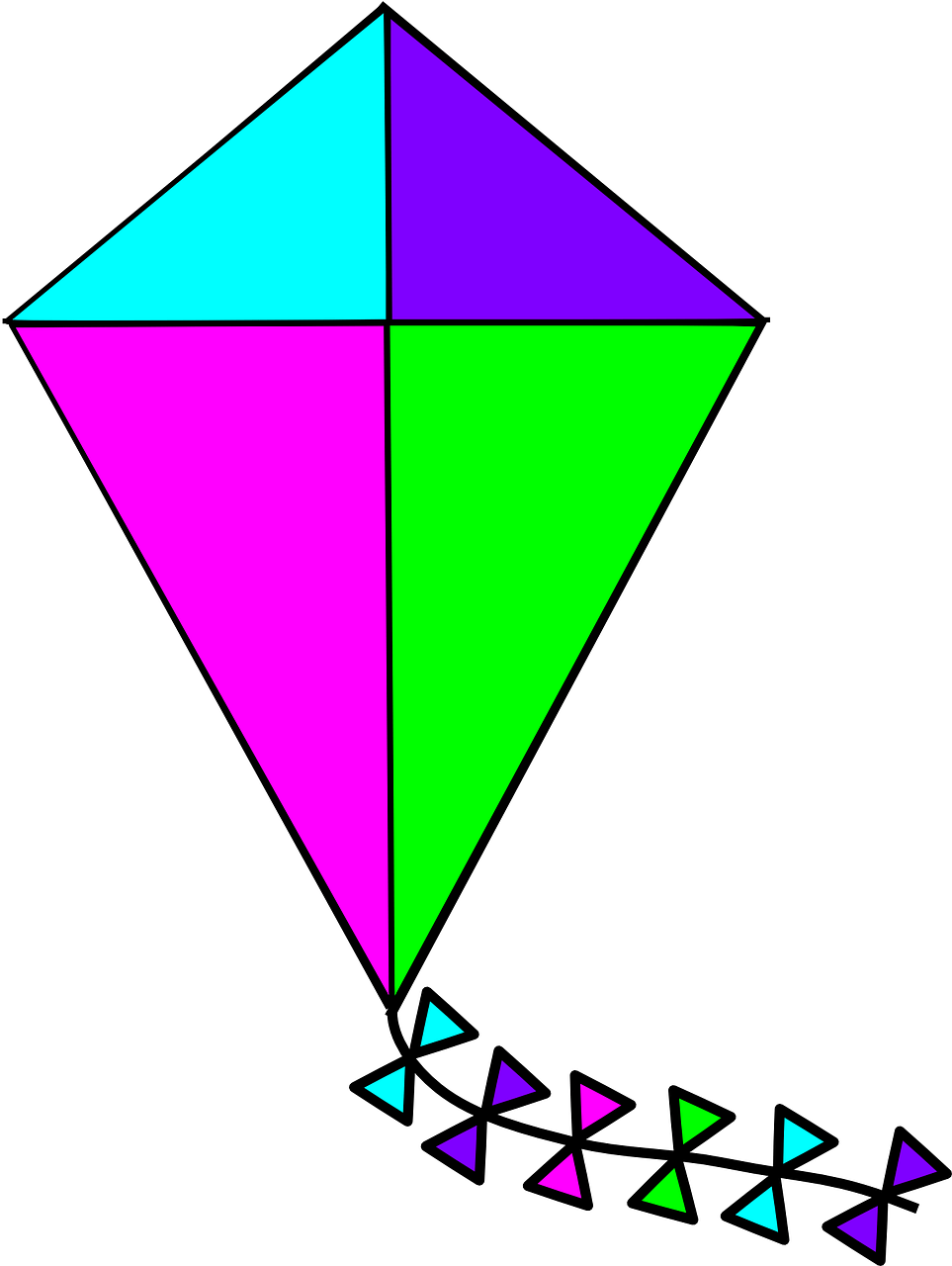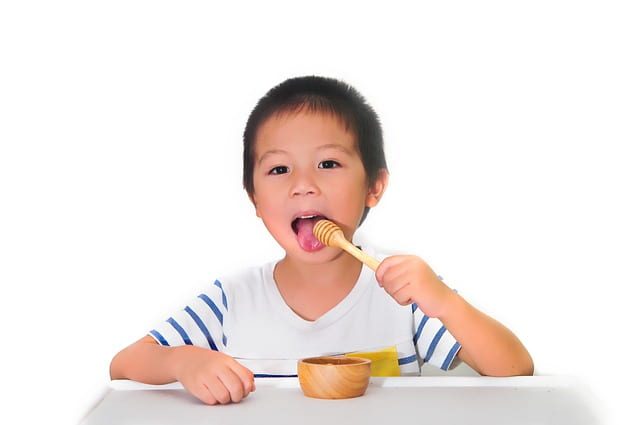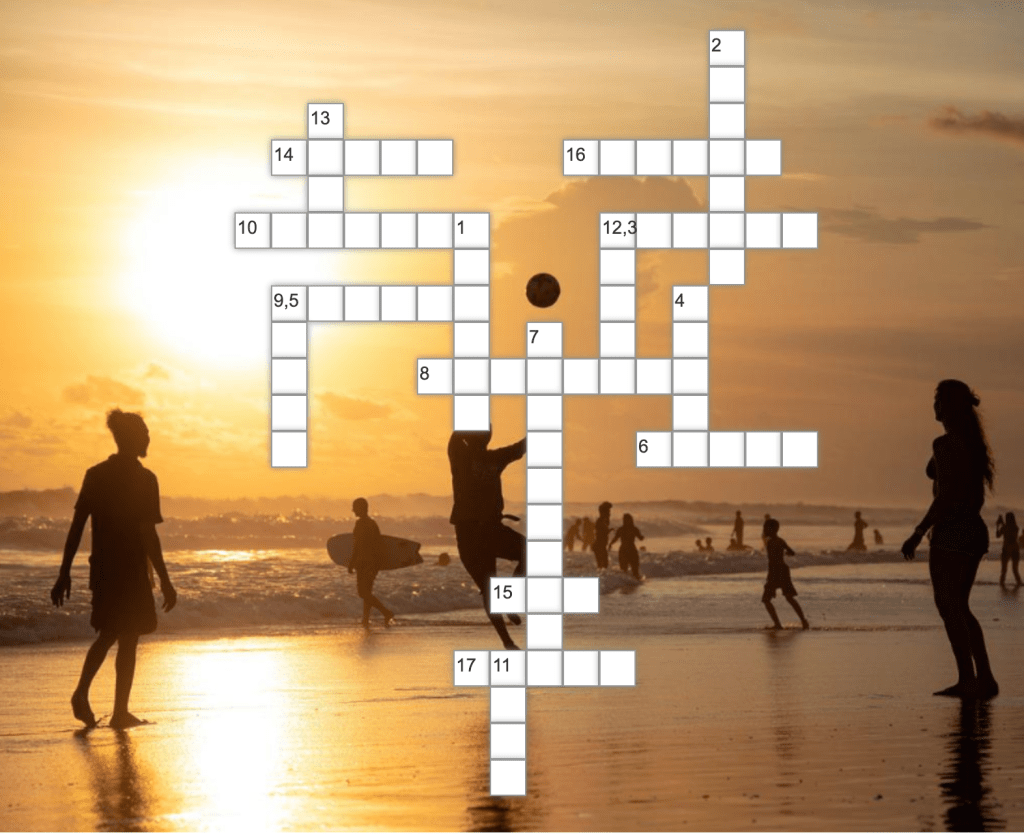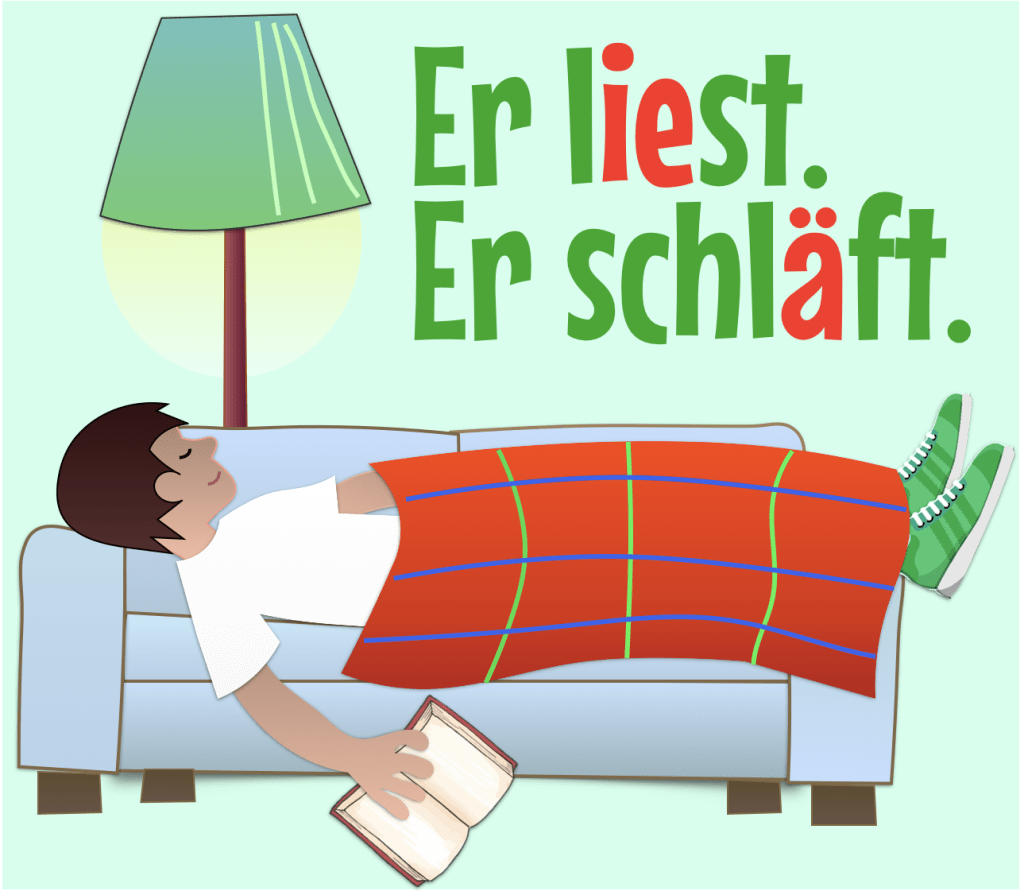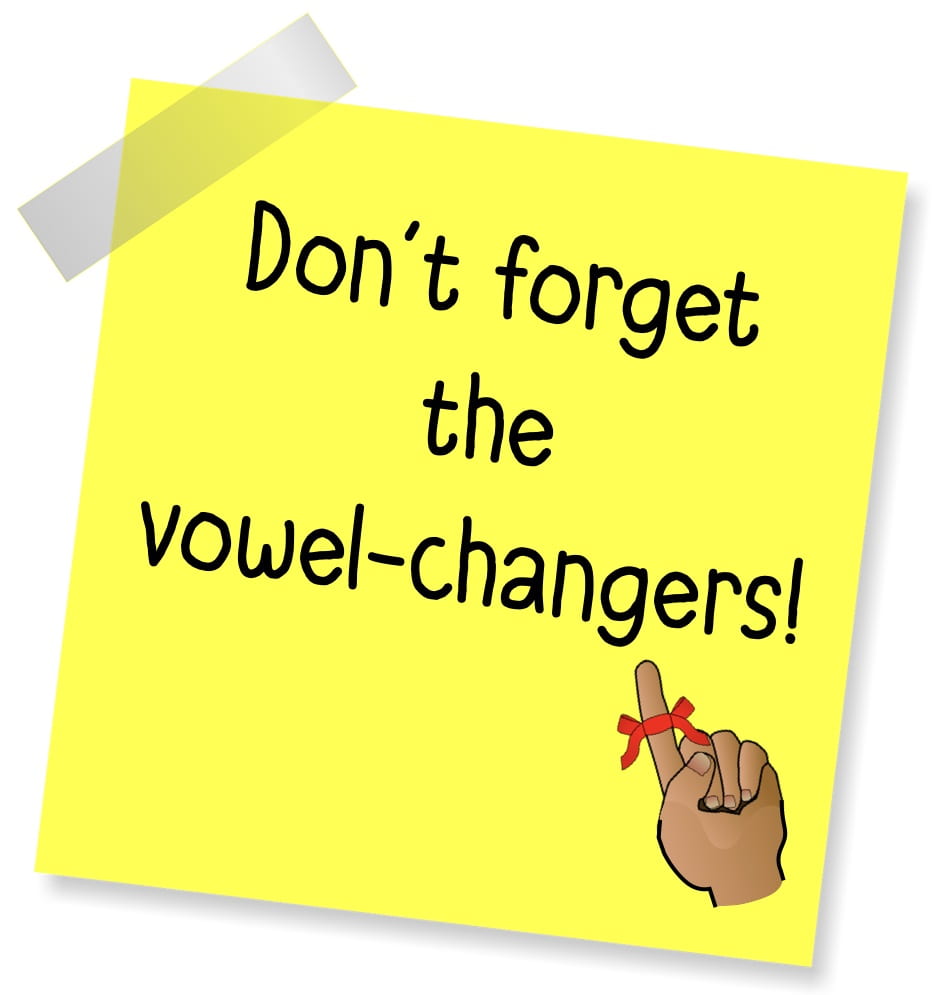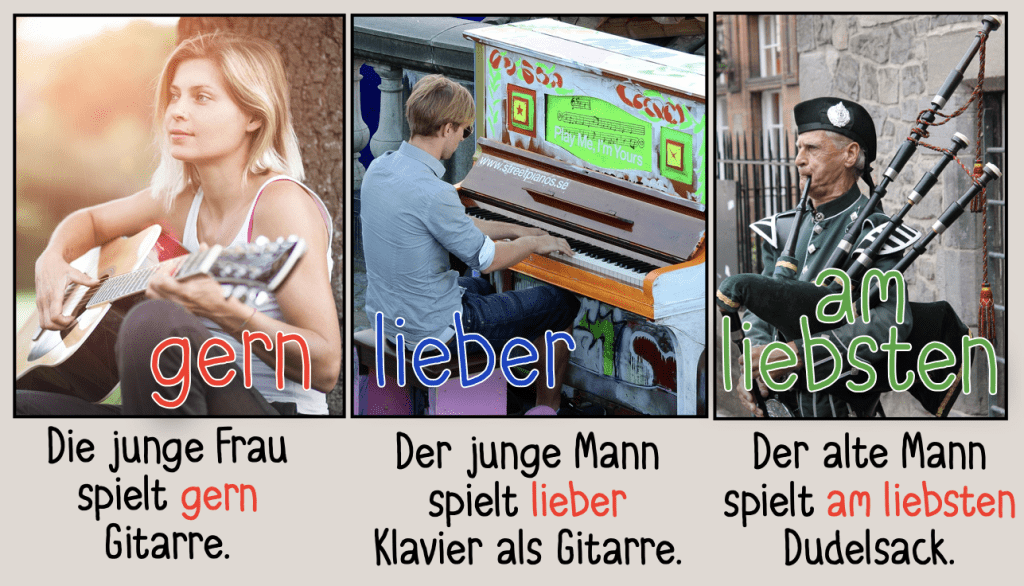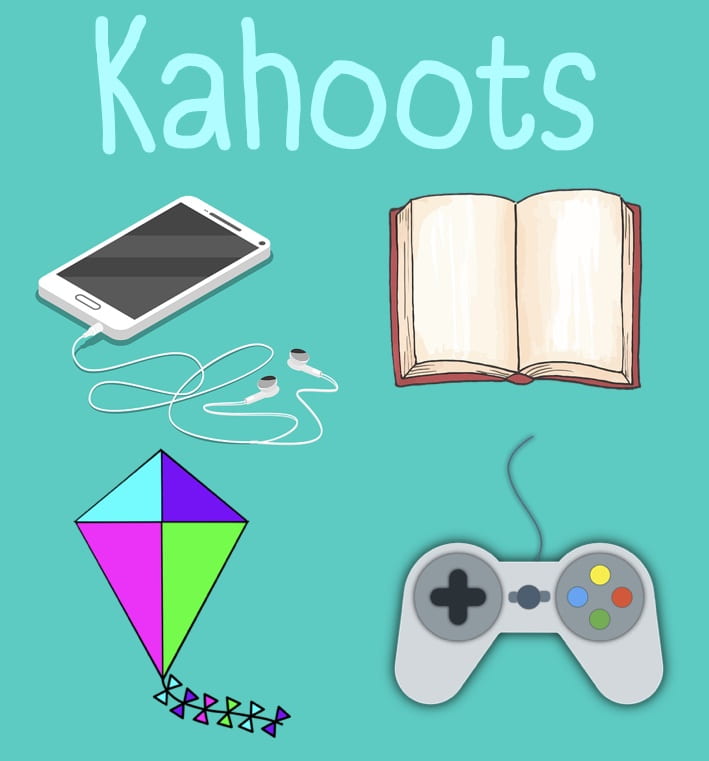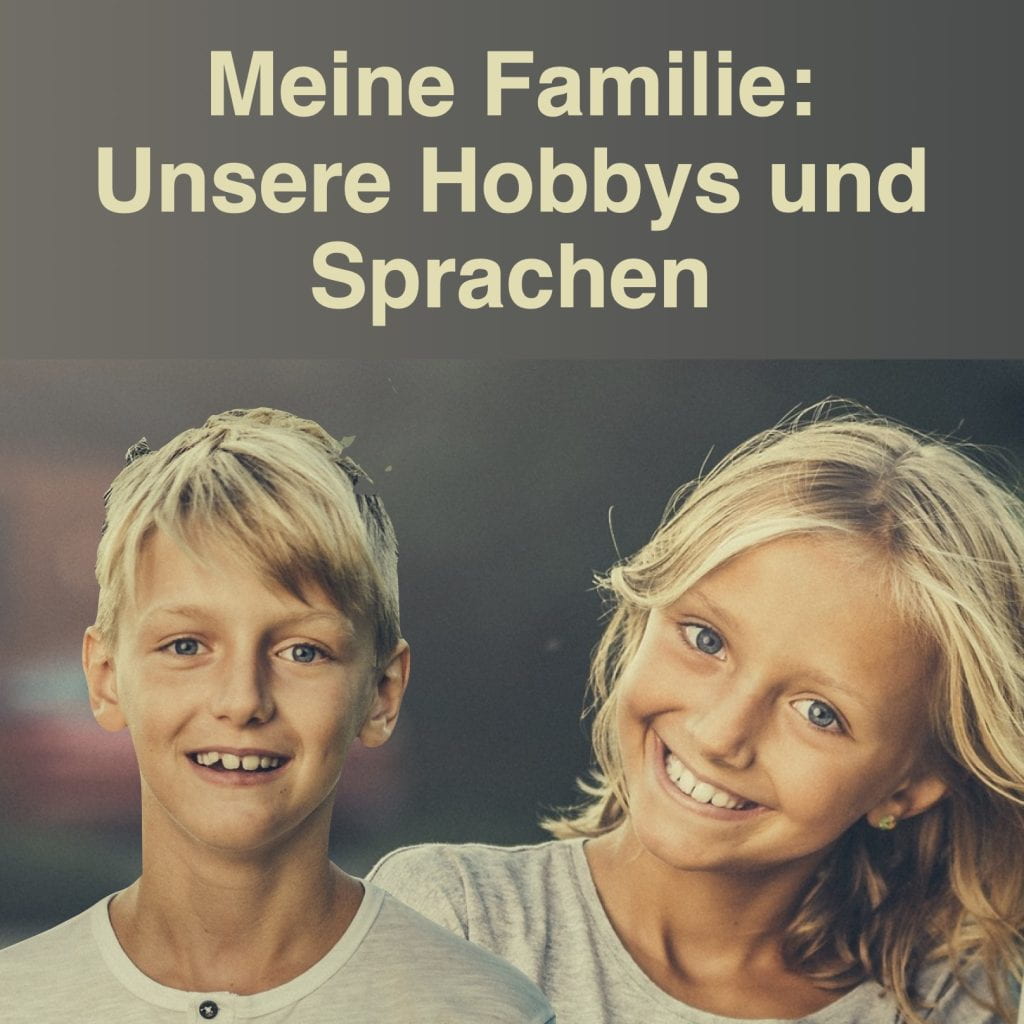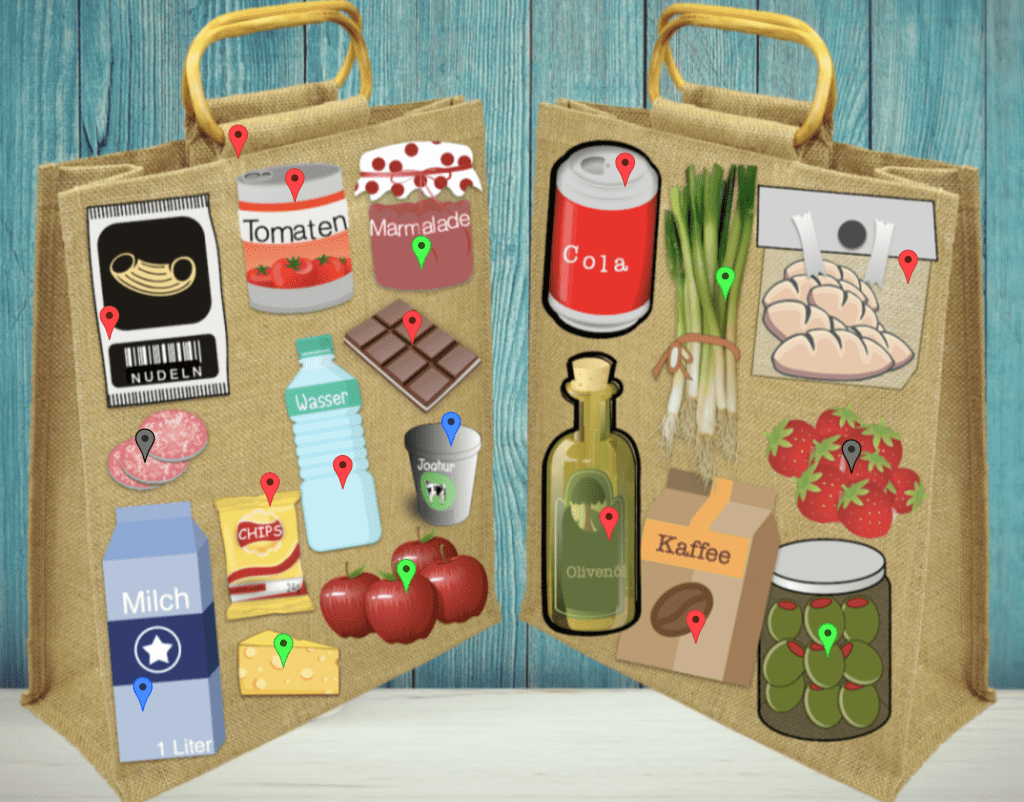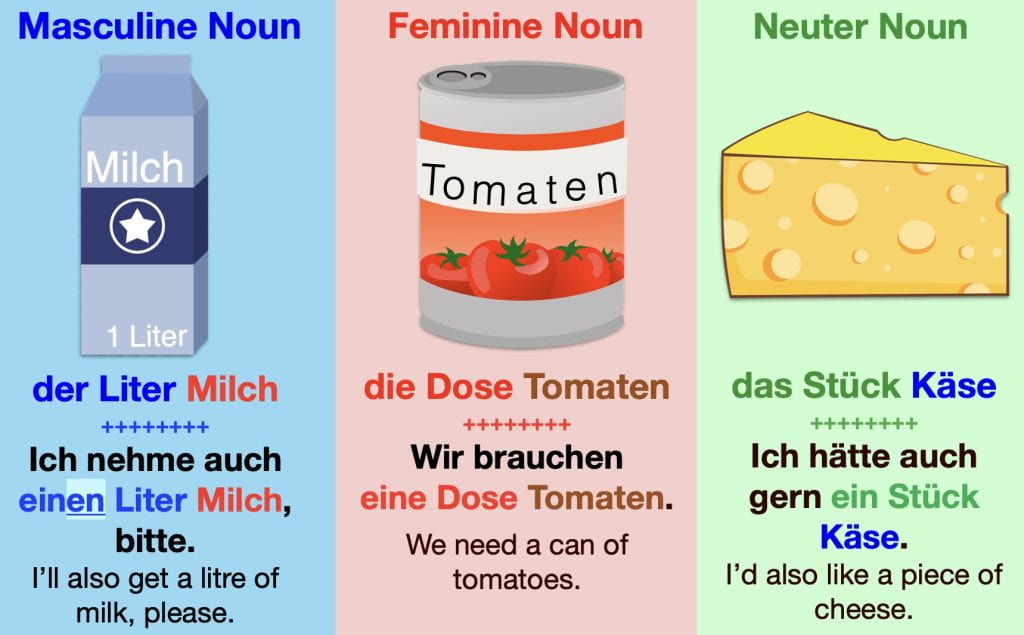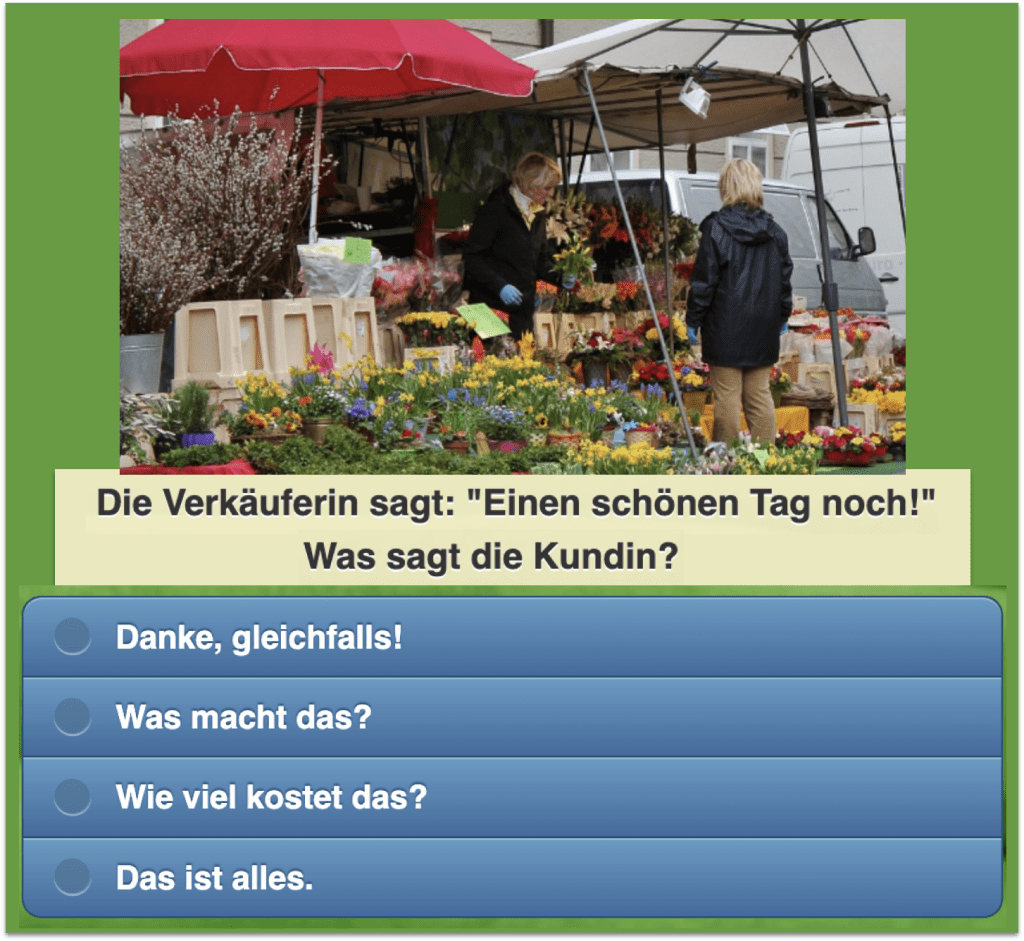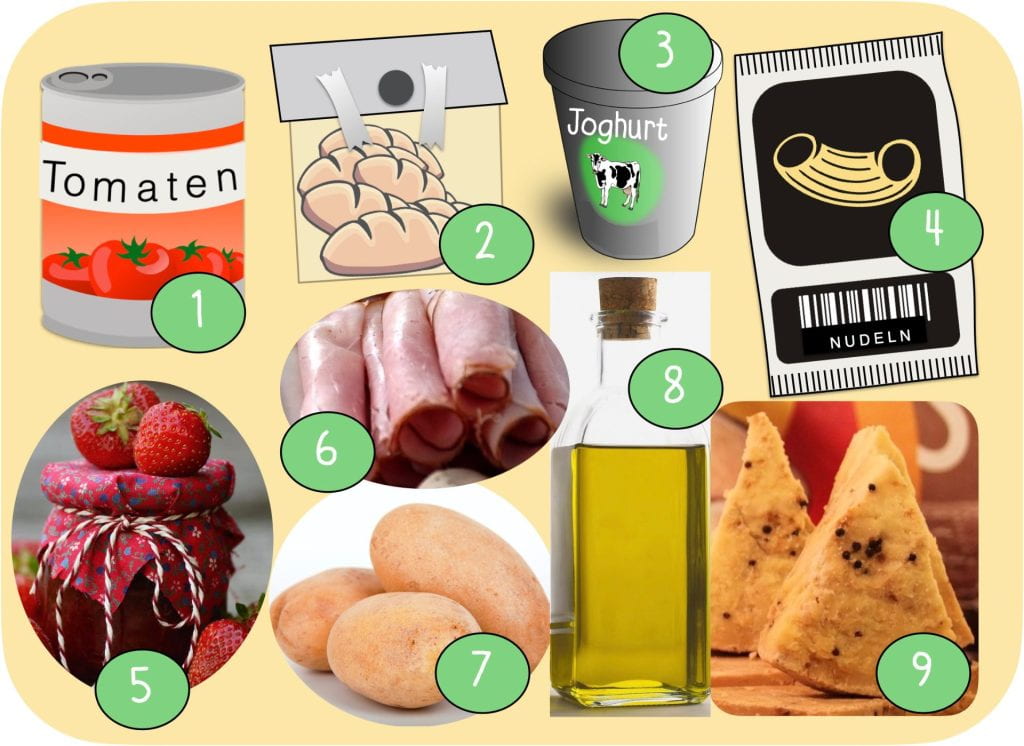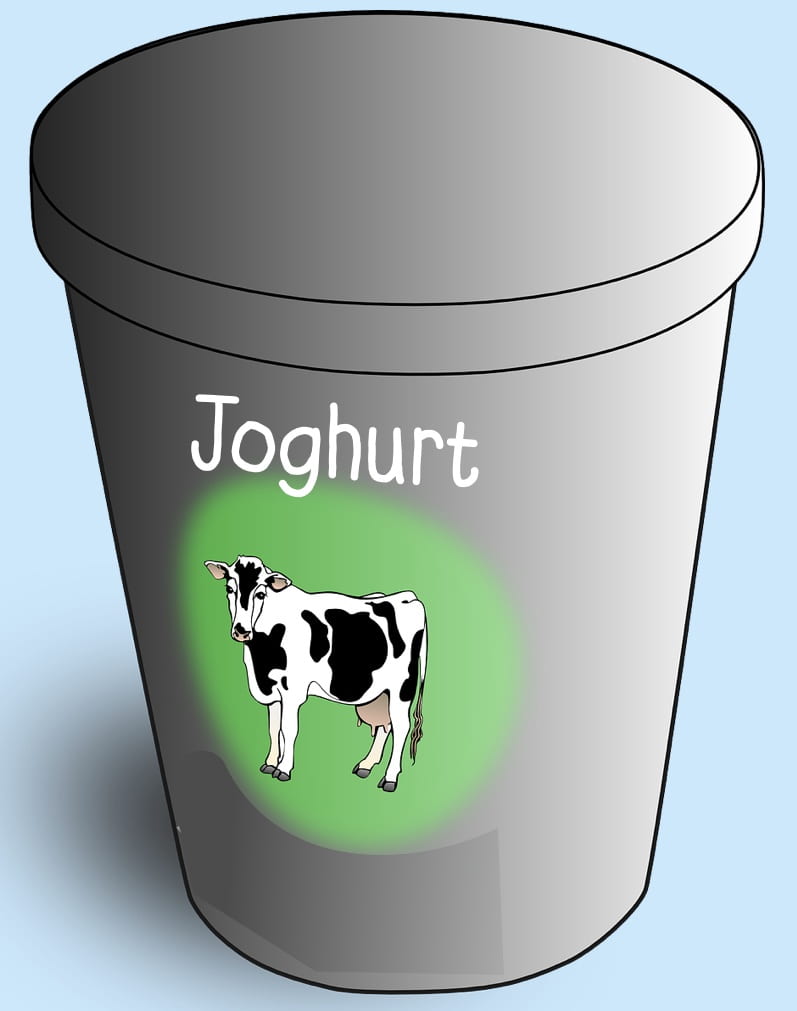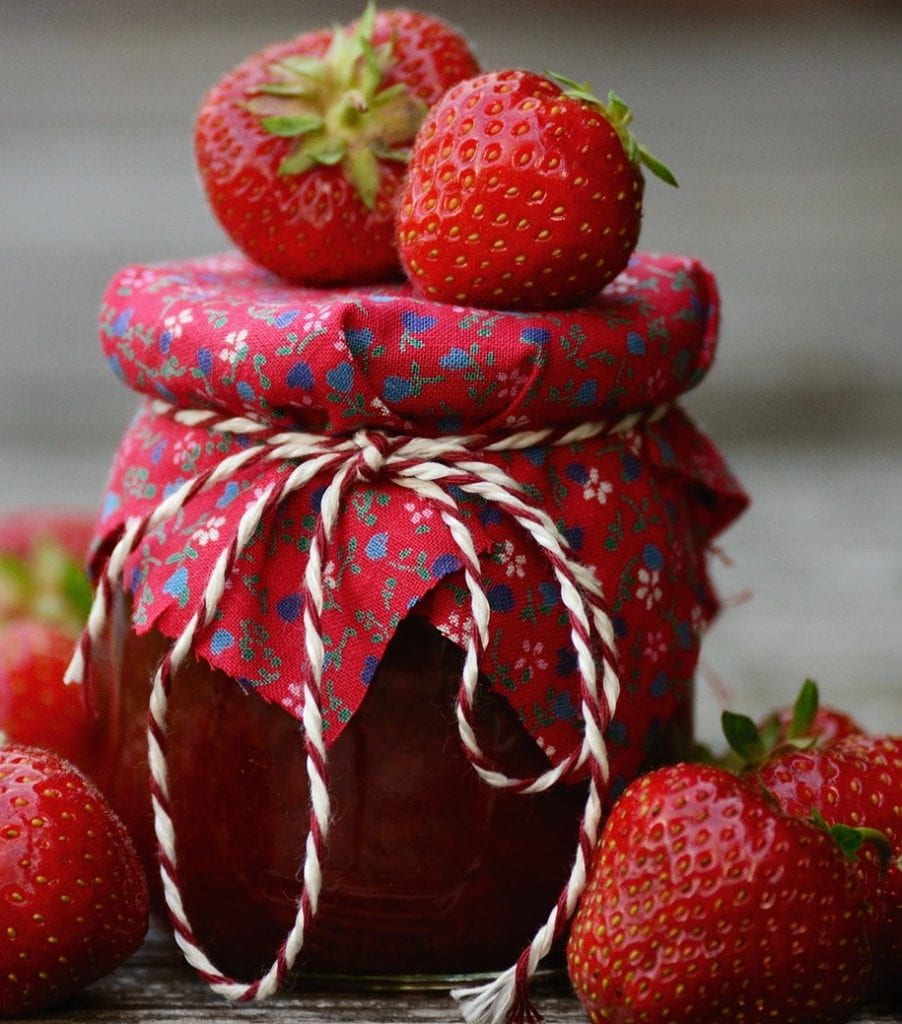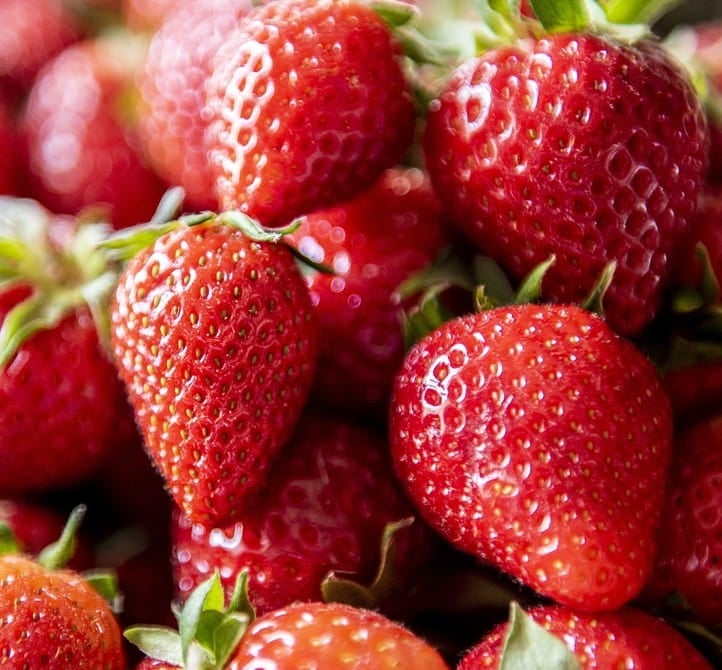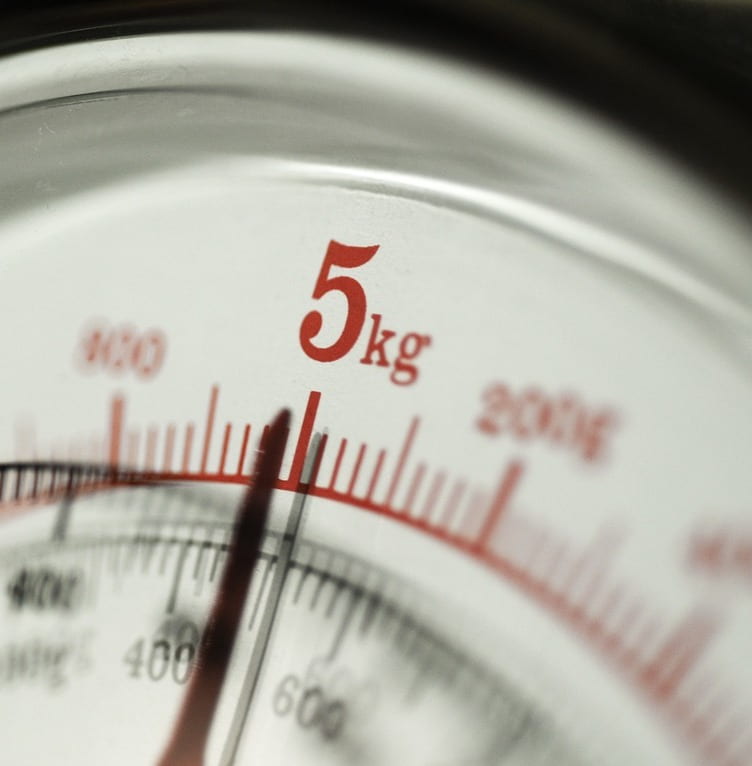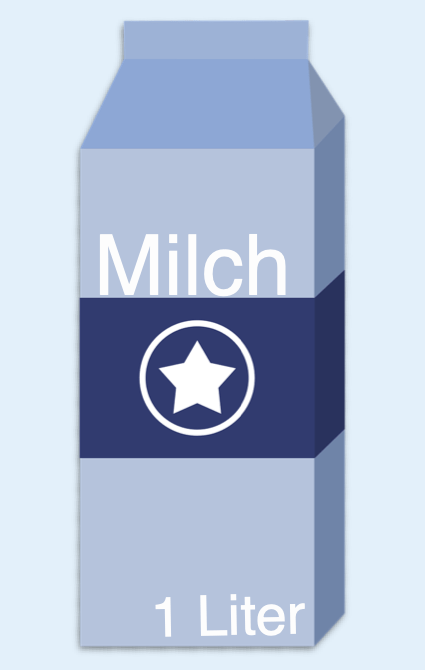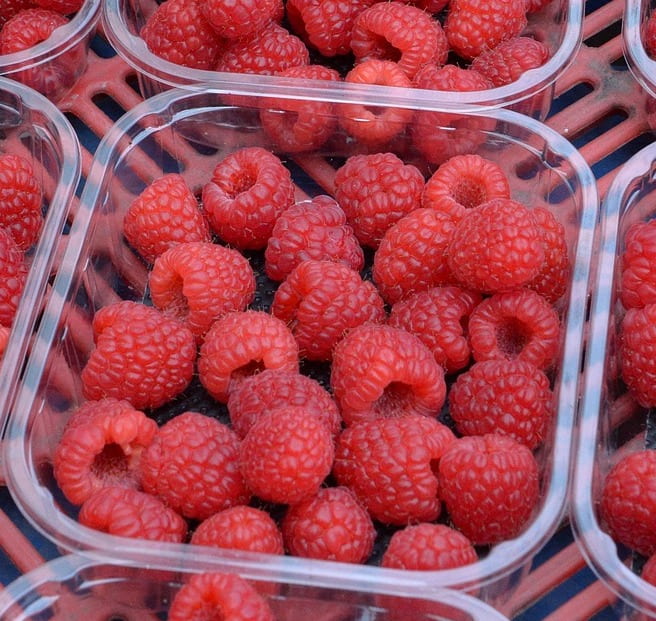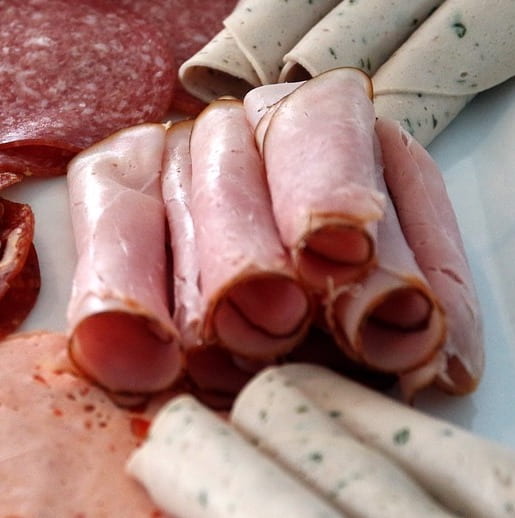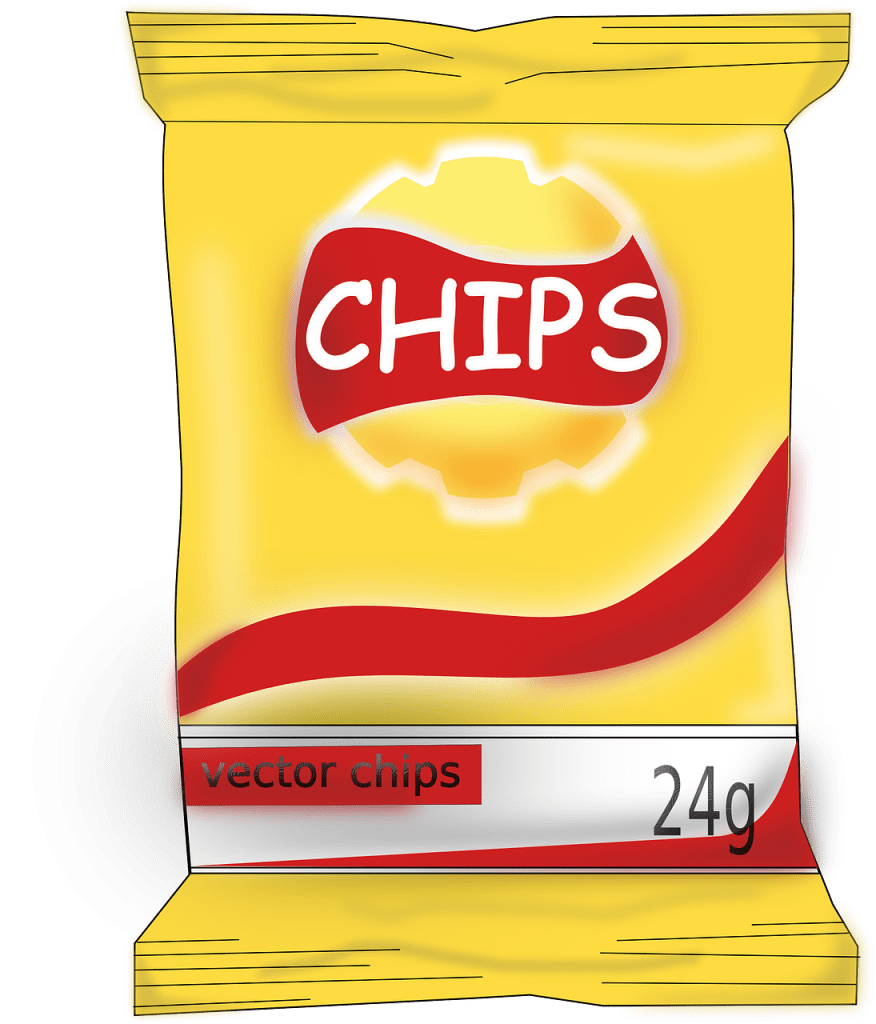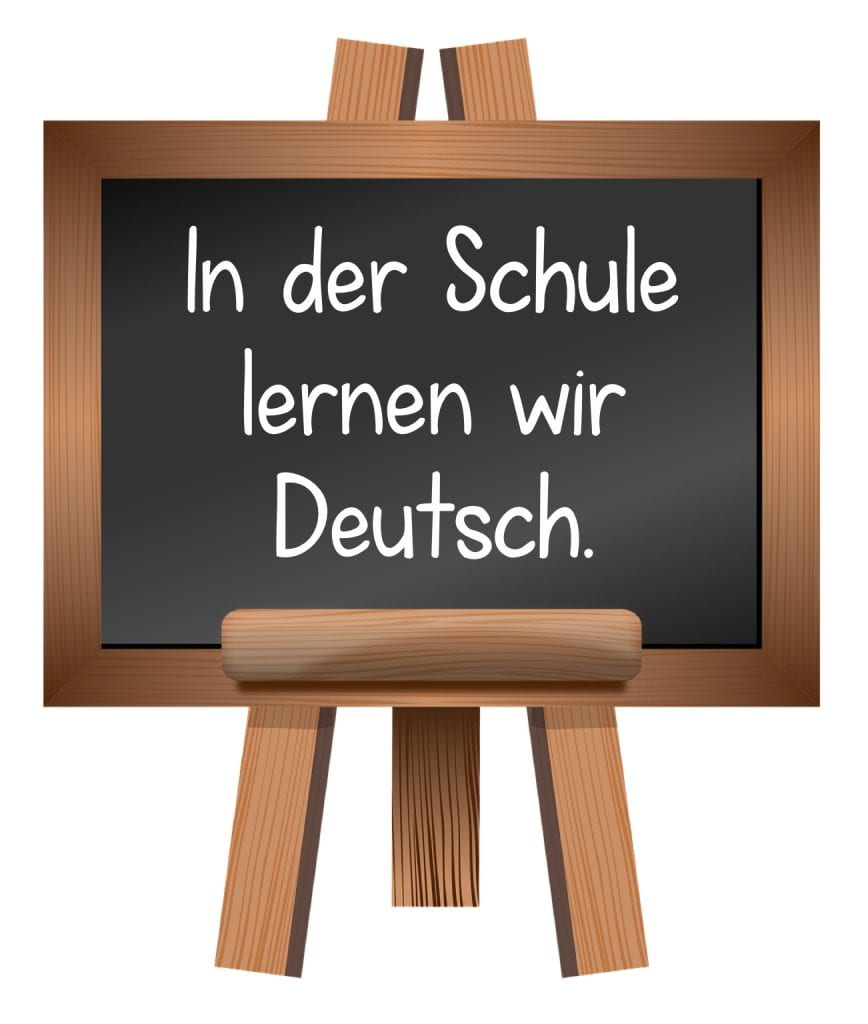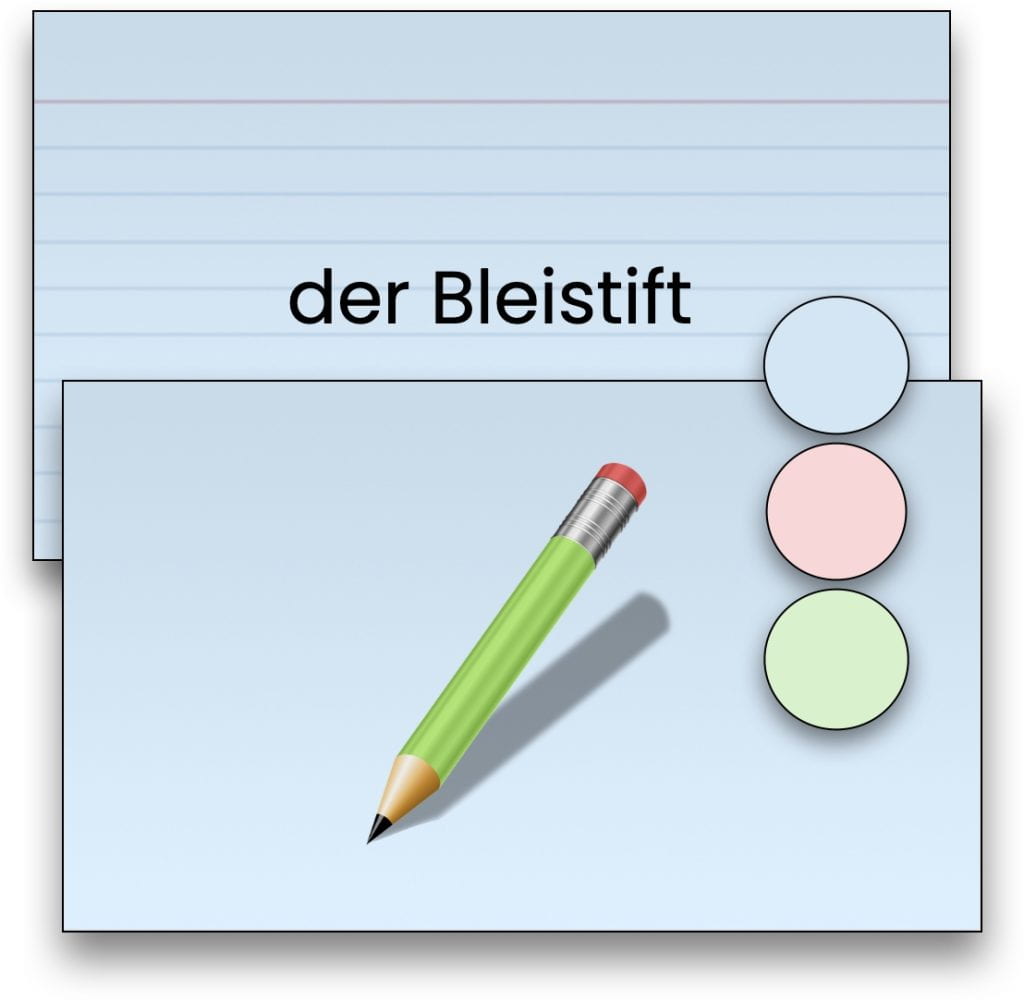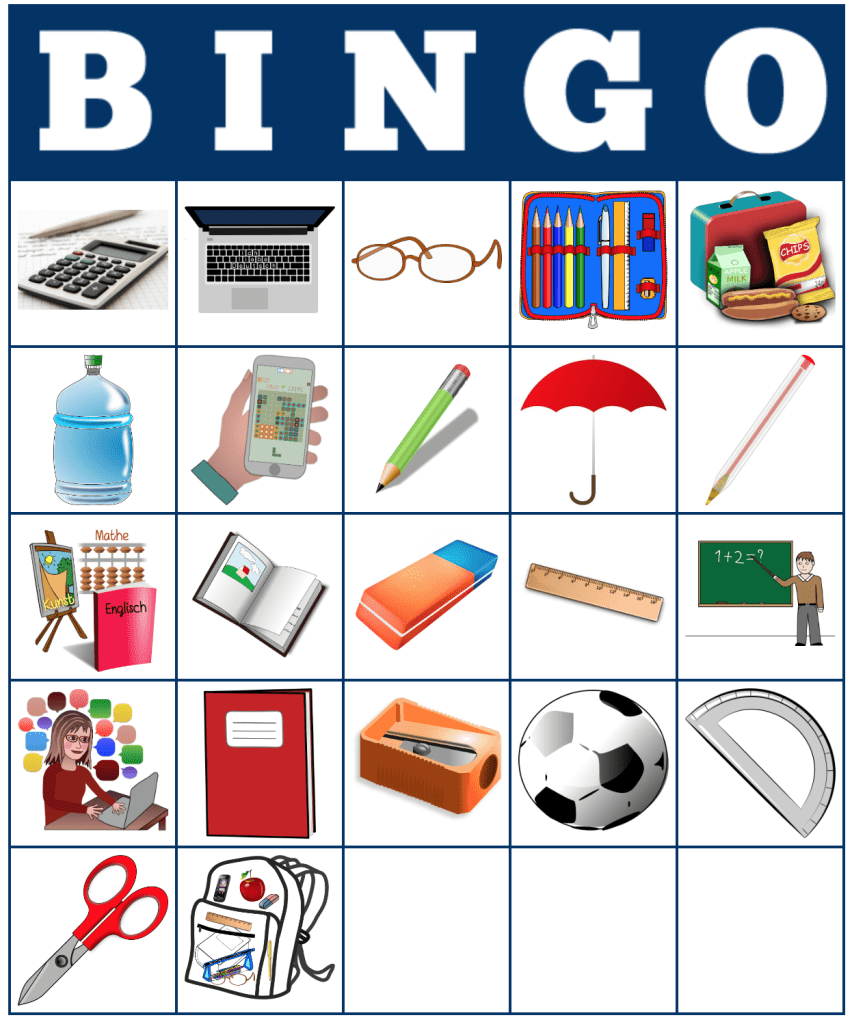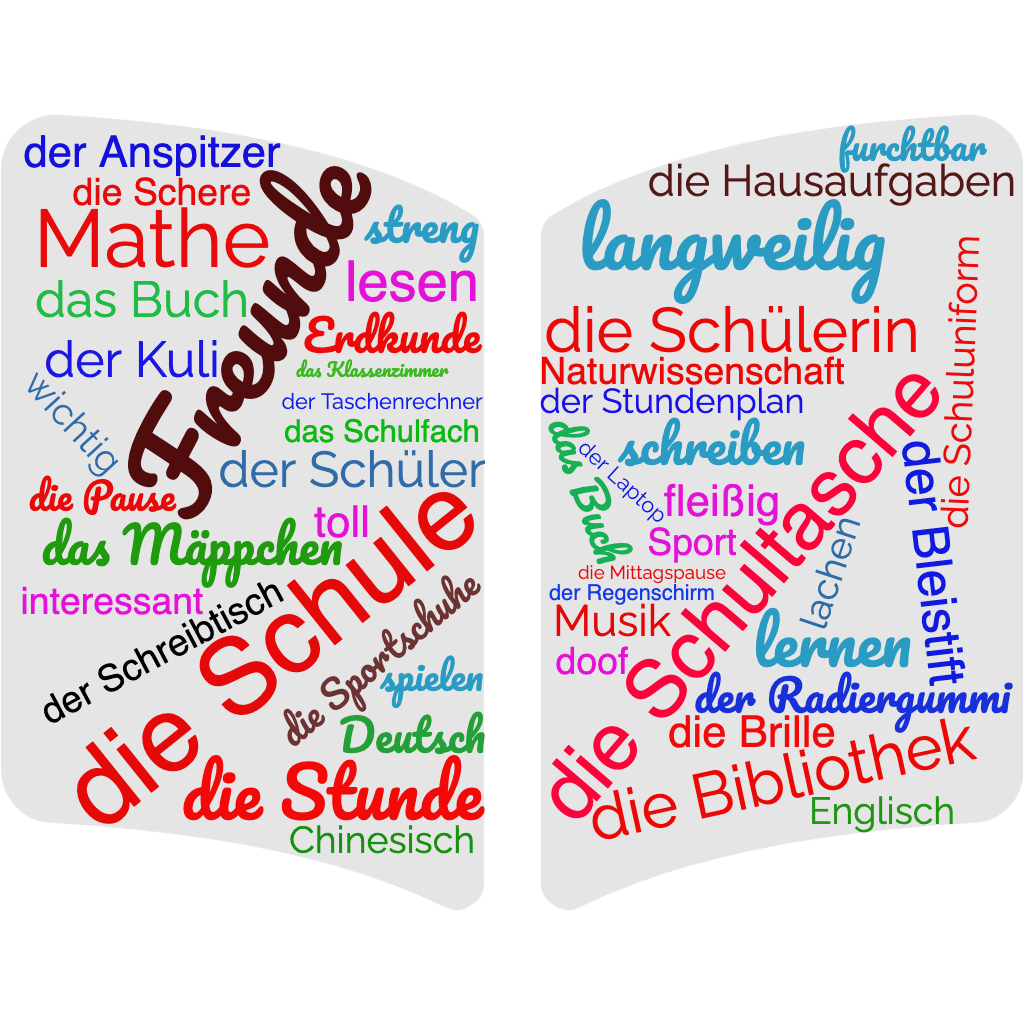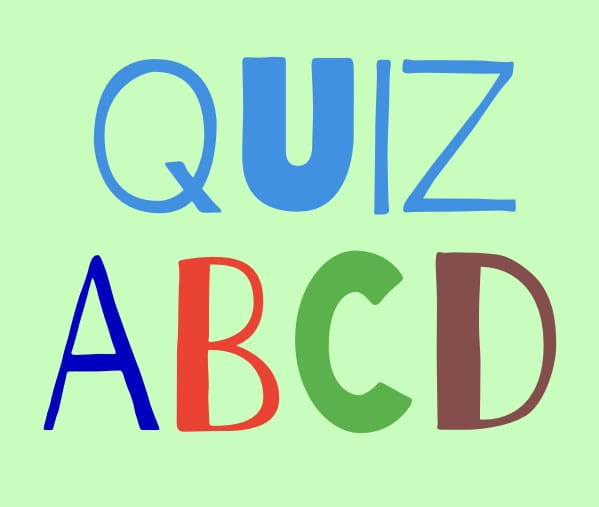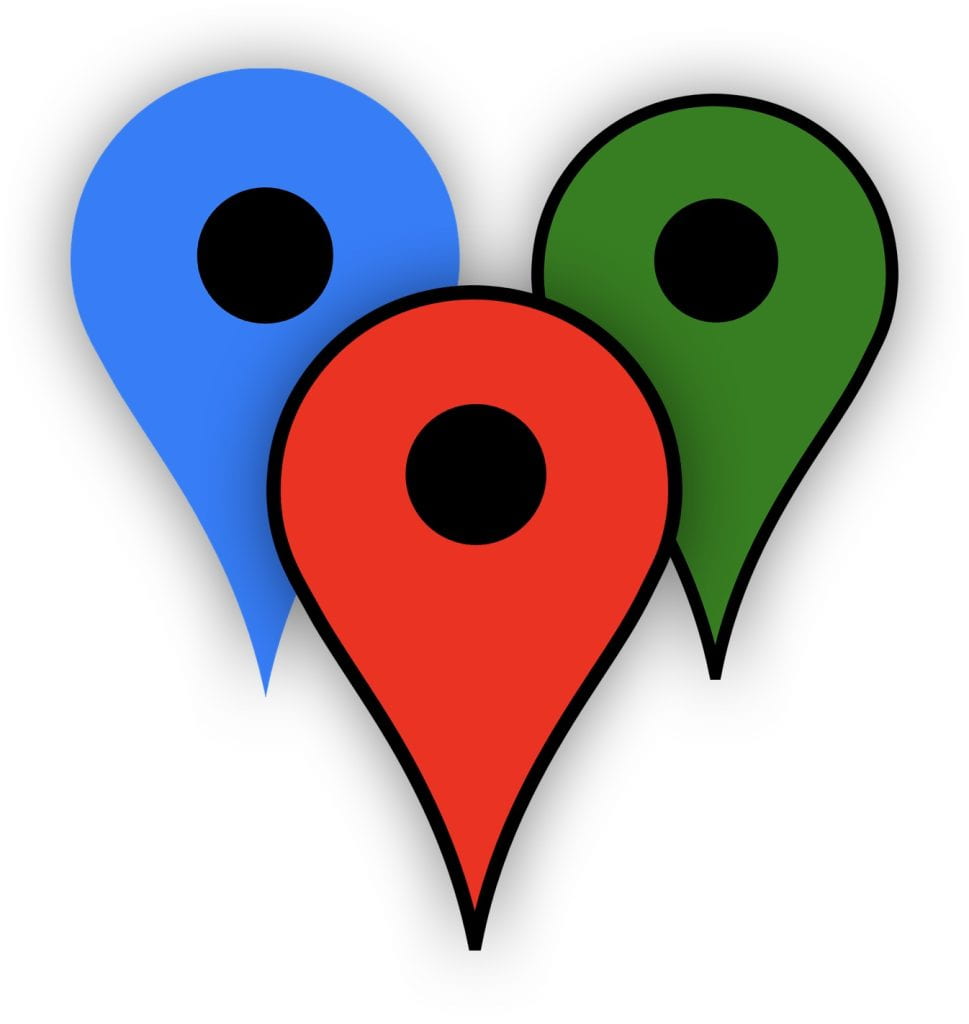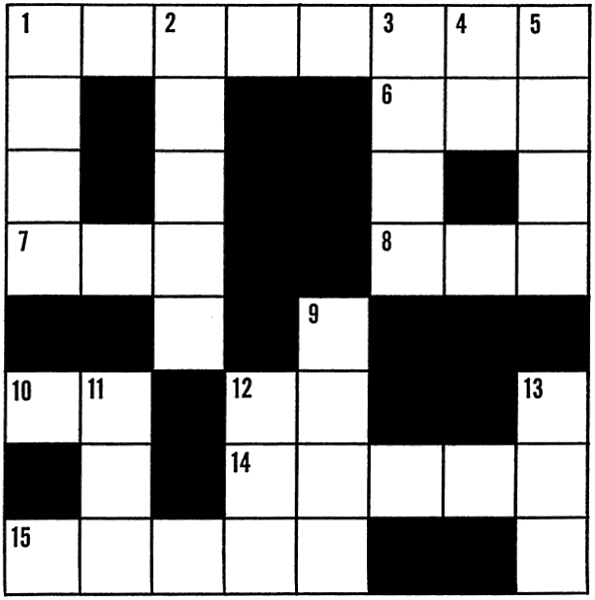Mein Haus, mein Zimmer 🖤❤️💛 ⇢ My House, My Room 🛏️ 🛋️
Published by Roslyn Green in March 2023
This unit was originally developed for accelerated students and would therefore serve ideally as extension material. A detailed downloadable booklet for students is provided. There is also a range of online quizzes:
- Two audio quizzes with quite challenging texts to work through
- Some “pin and label” quizzes to simplify vocabulary learning
- Two useful quizzes for learning and mastering the prepositions for describing location.
Masculine Nouns • Feminine Nouns • Neuter Nouns • Plural Nouns • Prepositions
Bildlexikon 1: Mein Zimmer | My Room

- das Bett → bed
- Ich mache jeden Tag das Bett. → I make the bed every day.
- das Zimmer → room | das Schlafzimmer → bedroom
- Ich habe mein eigenes Zimmer. Ich muss es nicht teilen. → I have my own room. I don’t have to share.

- der Schreibtisch → desk | der Stuhl → chair
- Ein Stuhl steht vor dem Schreibtisch → A chair is (standing) in front of the desk.
- Manchmal lerne ich auf dem Bett, weil das bequemer ist. → Sometimes I study on the bed, because it’s more comfortable.
- vor → in front of | auf → on
- stehen – to stand → often used to refer to the position of objects
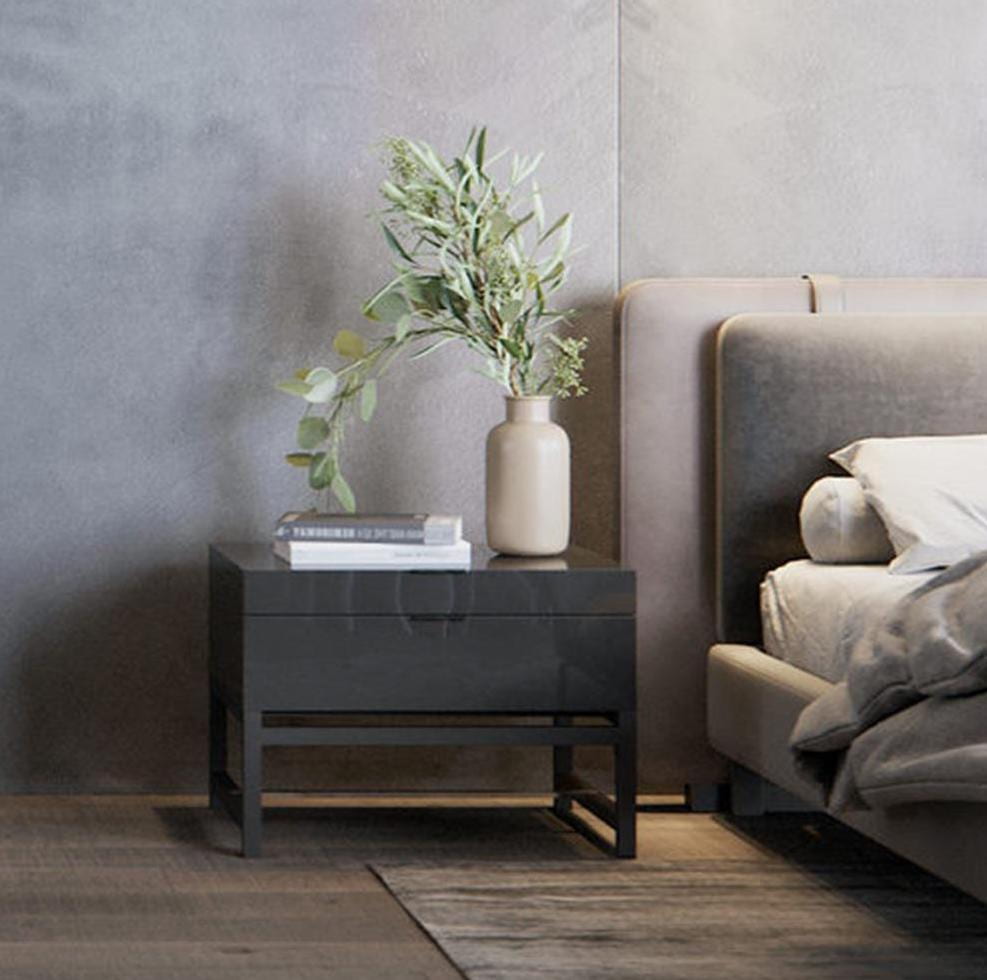
- der Nachttisch → bedside table | die Vase – vase
- Der Nachttisch steht neben dem Bett. → The bedside table is beside the bed.
- Eine Vase steht auf dem Nachttisch. → A vase is on the bedside table.
- neben → beside, next to
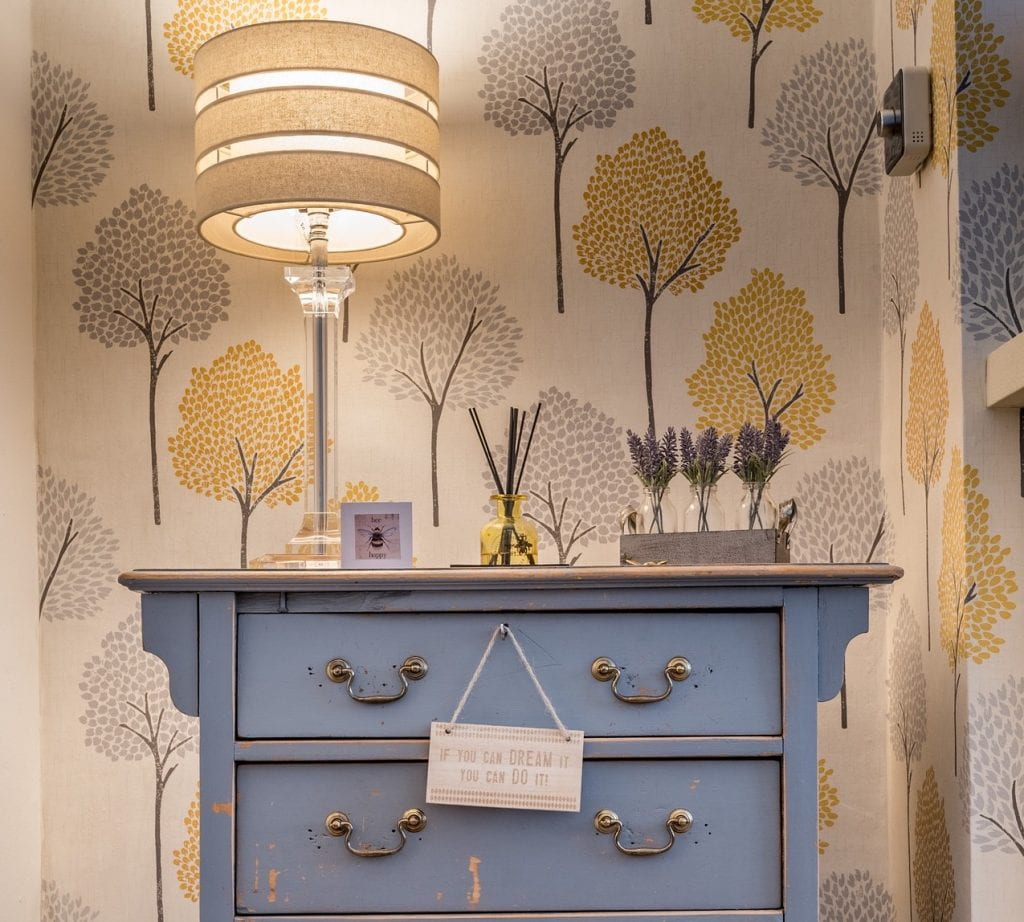
- die Lampe → lamp | die Kommode → chest of drawers
- Eine Lampe steht auf der Kommode. → A lamp is on the chest of drawers.
Bildlexikon 2: Prepositions
- The dative case is required after prepositions denoting position:
- masculine: der → dem
- feminine: die → der
- neuter: das → dem
- plural: die → den

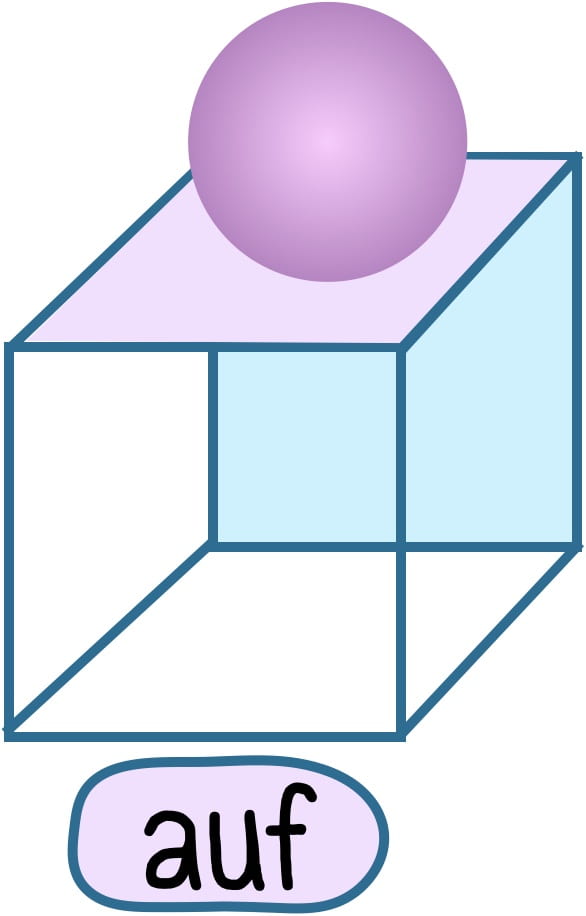
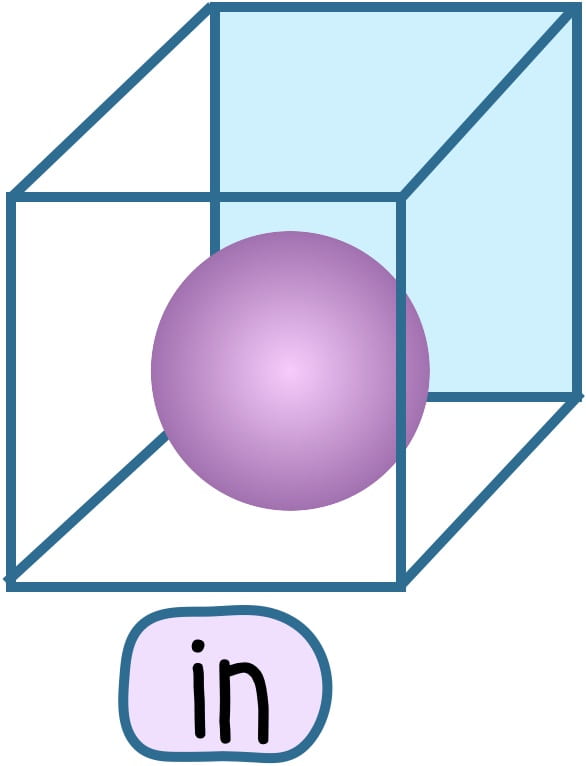
- die Tasse→ cup | die Untertasse – saucer
- der Tisch → table
- die Frau → woman
- das Handy → mobile phone
- das Tablet → iPad, tablet
- Die junge Frau sitzt an dem Tisch (oder am Tisch). → The young woman is sitting at the table.
- Sie hat ein Handy in der Hand. → She has a mobile in her hand.
- Die Tasse, die Untertasse und das Tablet sind auf dem Tisch. → The cup, saucer and tablet are on the table.
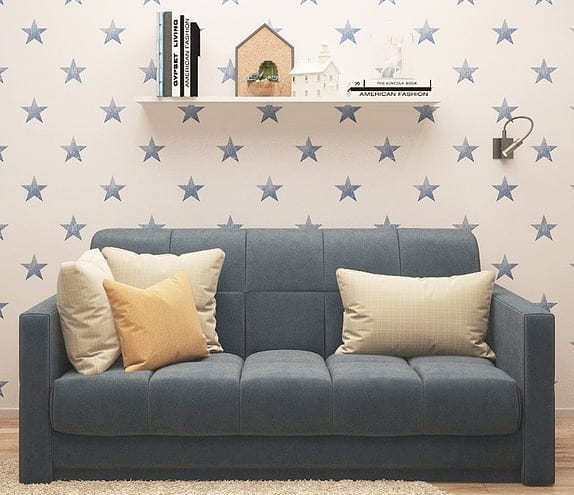
Image by Watercolor Artist from Pixabay
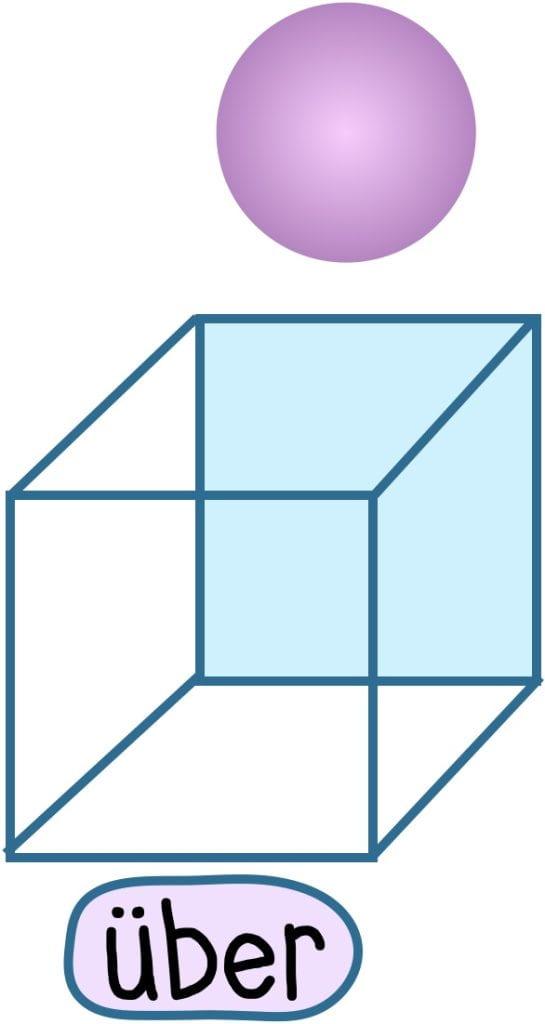
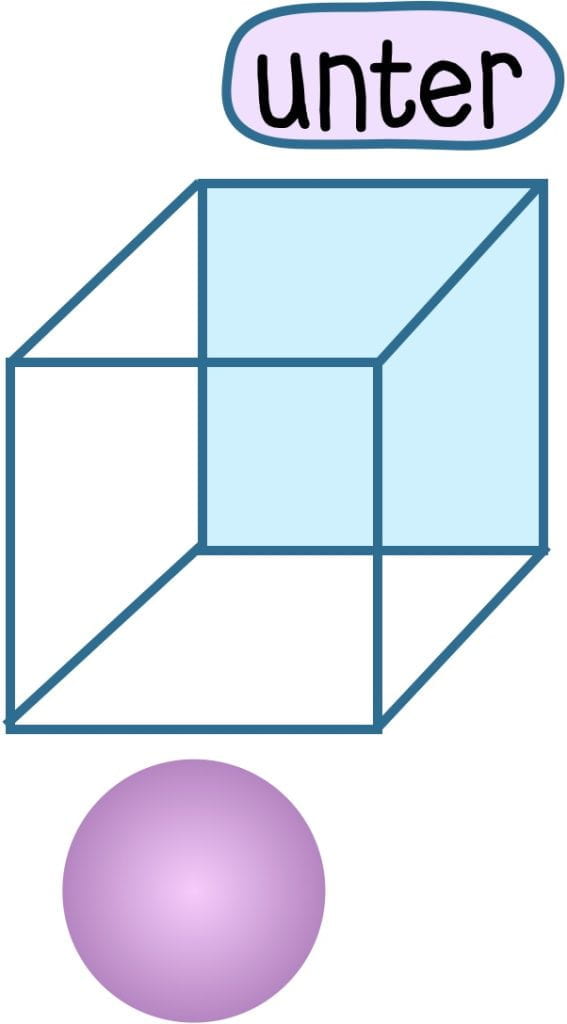
- das Regal → shelf
- die Couch → couch
- Das Regal ist über der Couch. → The shelf is over/above the couch.
- Die Couch steht unter dem Regal. → The couch is under the shelf.
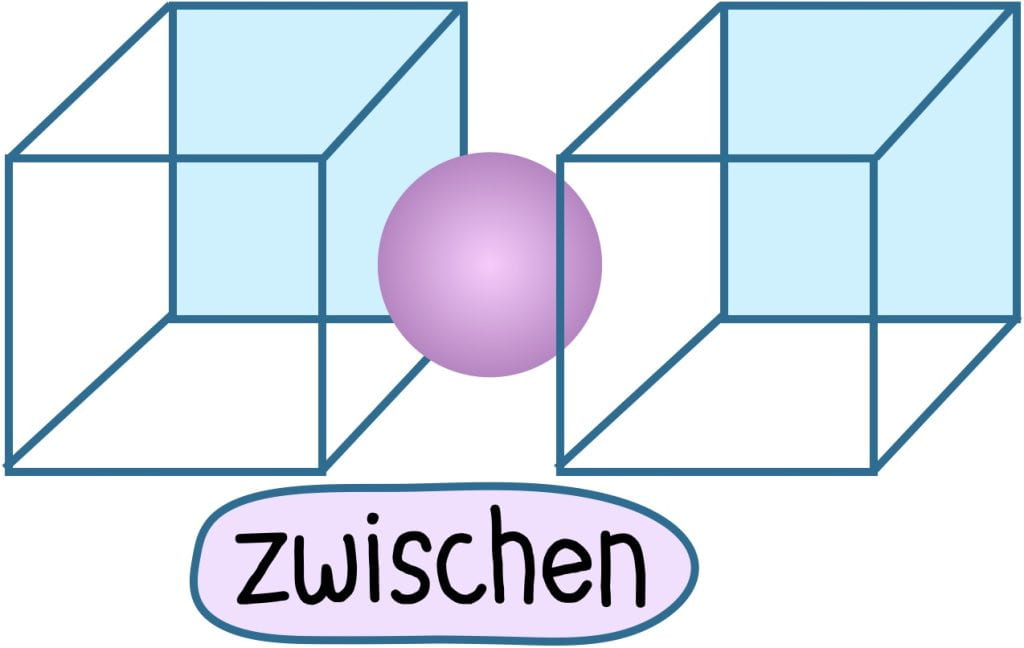
- die Kinder → children
- die Katze → cat
- Die Katze ist zwischen den Kindern. → The cat is between the children.
[Note the addition of the dative -n ending to the plural noun: Kindern]
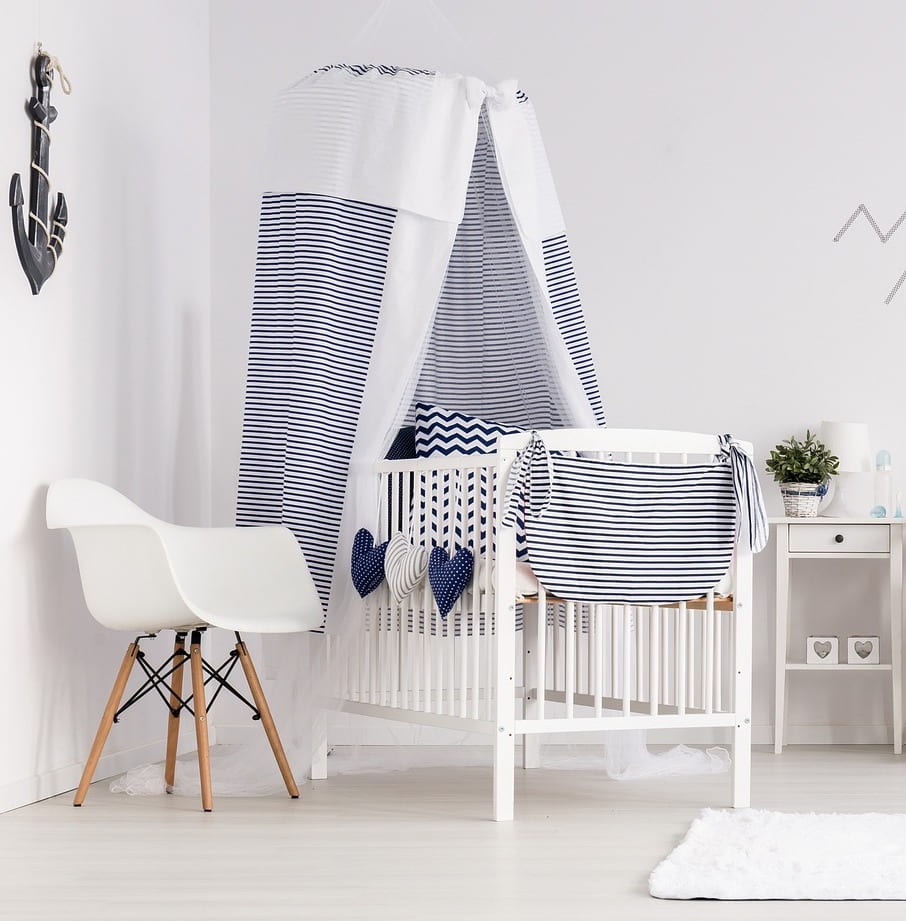
Image by Watercolor Artist from Pixabay

- das Kinderbett → cot or crib
- der Stuhl → chair
- Der Stuhl steht neben dem Kinderbett. → The chair is beside the cot.
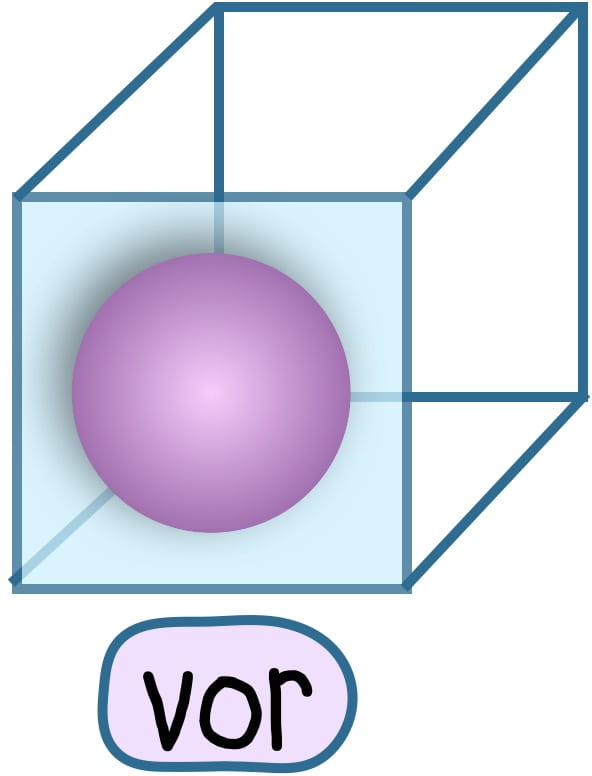
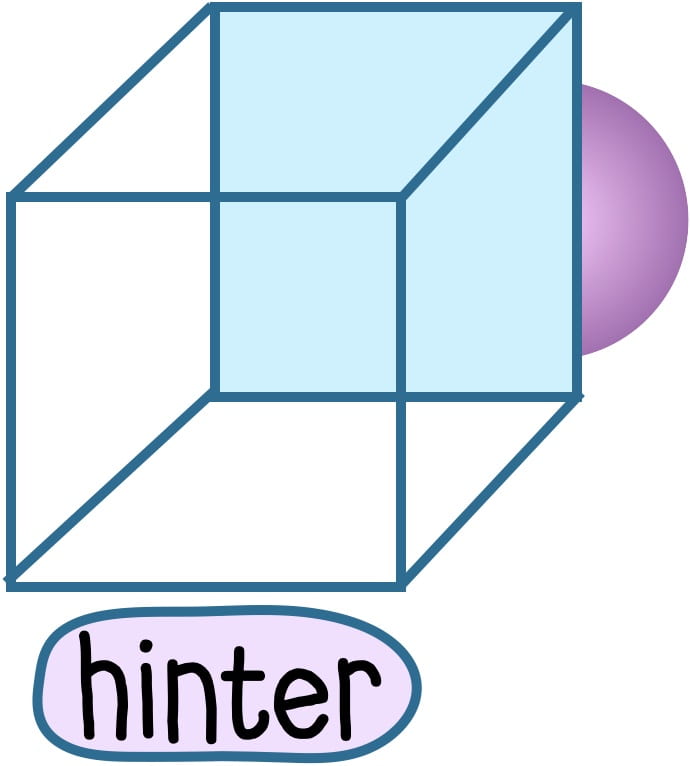
- die Couch → couch
- der Couchtisch → coffee table
- das Fensterbrett → windowsill
- Der Couchtisch steht vor der Couch. → The coffee table is in front of the couch.
- Die Katze sitzt hinter der Couch auf dem Fensterbrett.
Useful Links
- Duolingo
- Leo German-English Dictionary → search for words
- Linguee → search for phrases
- Unit booklet (embedded below)
Online Activities

Quizizz: German Prepositions 
This introductory quiz checks and reinforces learners’ memory of the meaning of prepositions. There are also questions and photos that prompt learners to choose the correct preposition from four options.
Learners can play the “preview” or “flashcard” version of the game without creating an account.
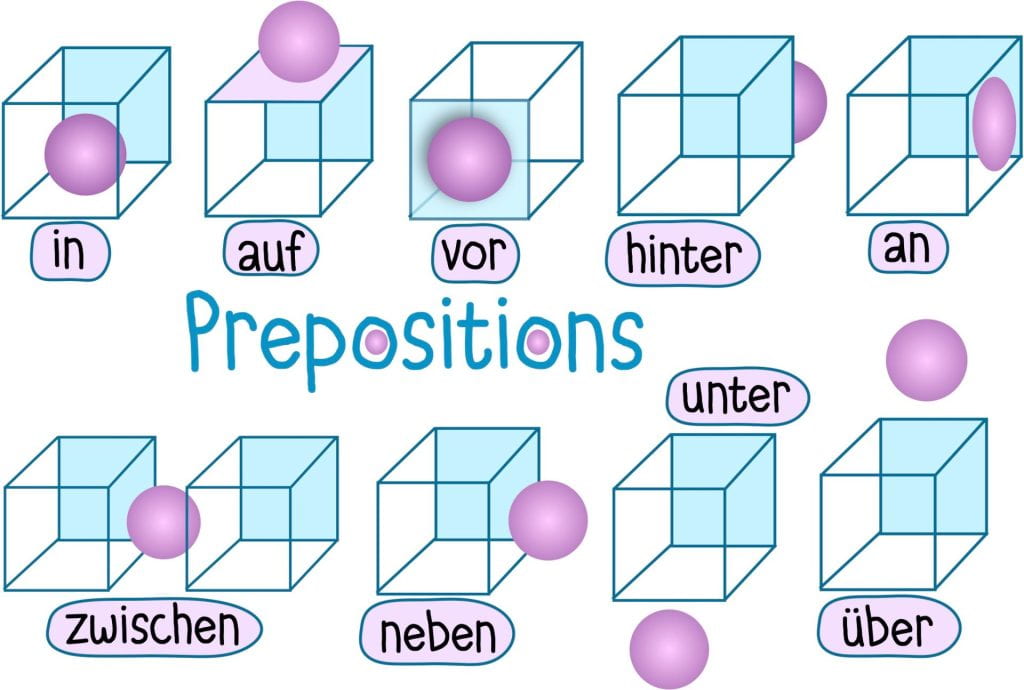
Quiz: Describing Positions with Prepositions 
In this quiz about the key prepositions for describing the position of people and objects, learners can select the correct preposition to match a range of pictures containing people, furniture and teddy bears.
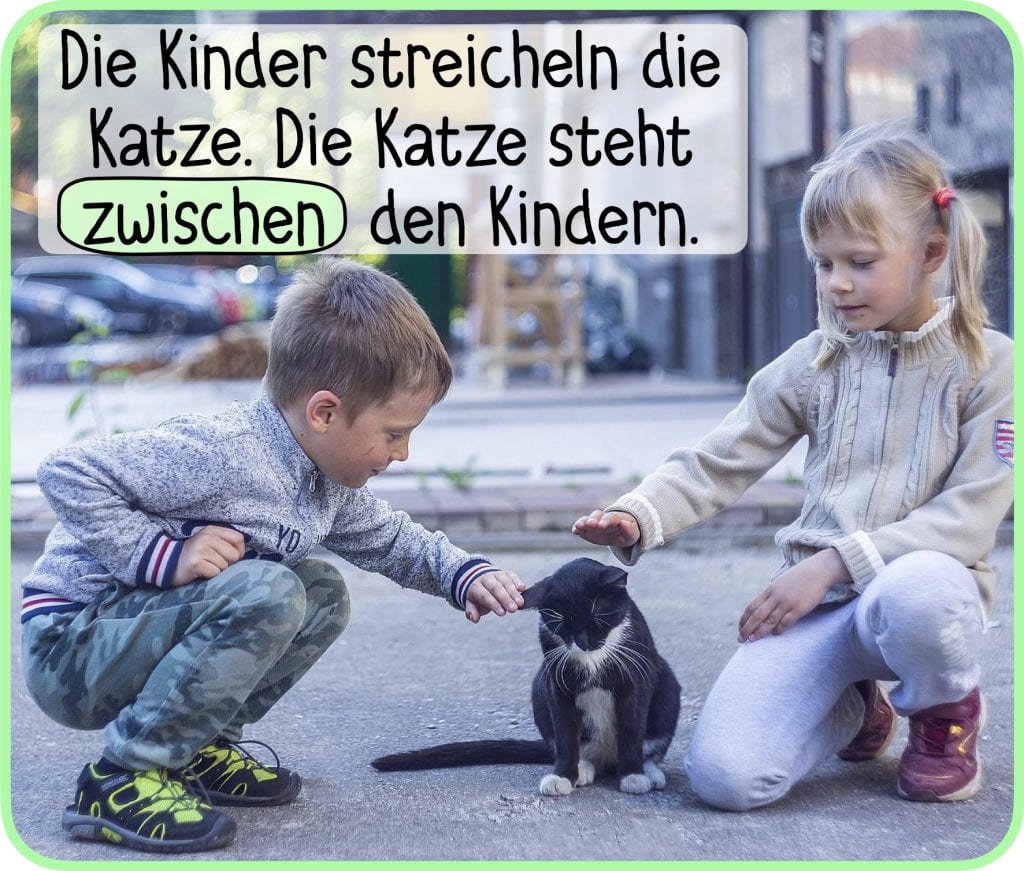
Quiz: Über Katzen und Präpositionen | About Cats and Prepositions 
This quiz also has deer, dogs and a man doing magical things with a soccer ball in it. To describe each scene correctly, choose the right preposition.
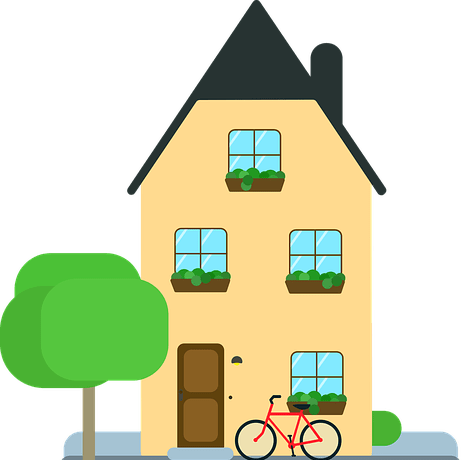
Quizizz: Bei mir zu Hause: Eine Wortliste 
Learners encounter 20 nouns for inside the house and the surroundings.
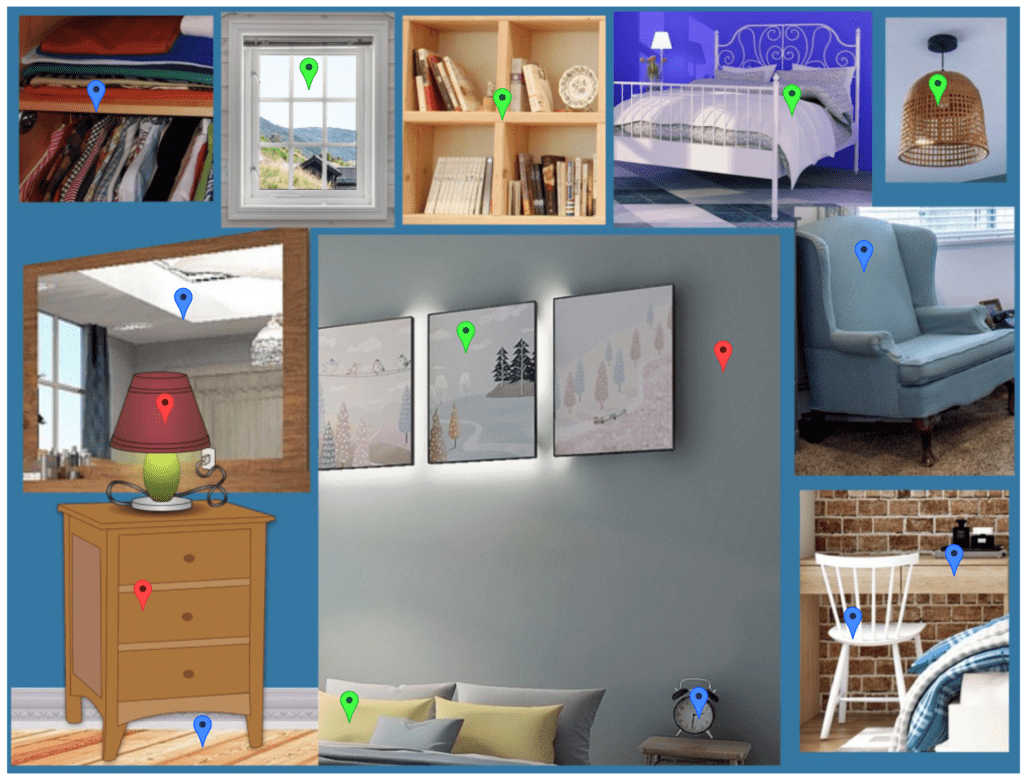
A Pin and Label Matching Quiz: Mein Zimmer | My Room 
Sixteen colour-coded nouns for the bedroom: masculine • feminine • neuter. Learners can click on the💡on the top left of the quiz to read through the vocabulary list.
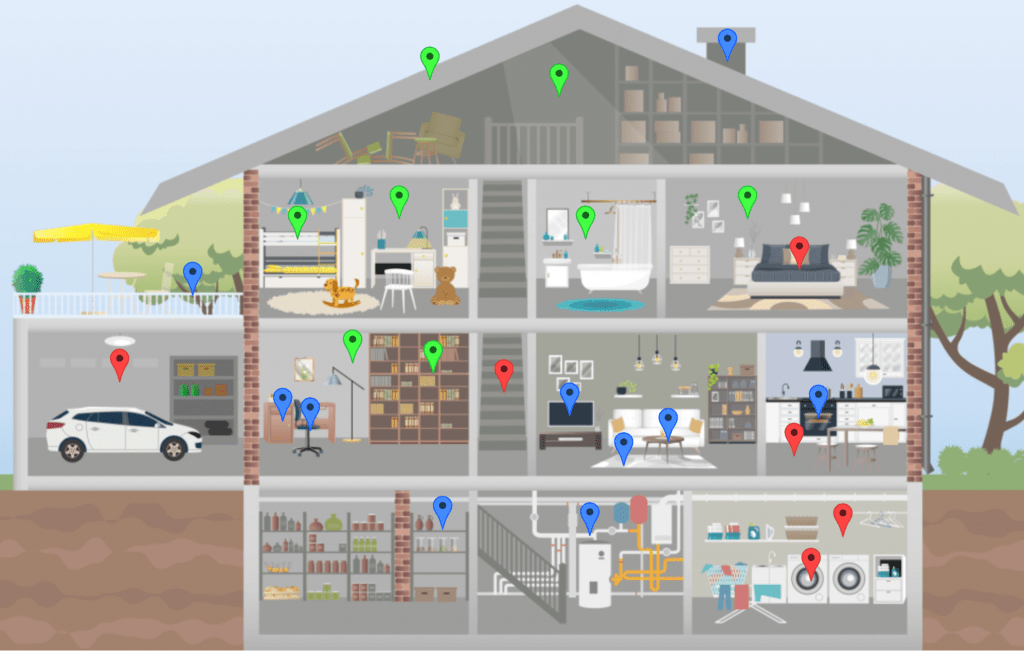
A Pin and Label Matching Quiz: Mein Haus | My House 
Twenty-four colour-coded nouns for the whole house: masculine • feminine • neuter. Learners can click on the💡on the top left of the quiz to read through the vocabulary list.
Mein Zimmer in Deutschland | My Room in Germany → Audio and Quiz
Laura describes her small room in a student hostel in Germany to a class of year seven students in Melbourne.
Audio Quiz with Full Text: Lauras Zimmer in Deutschland 
Mein Zimmer | My Room → Audio and Quick Quiz
A teenager describes her room, which is also her refuge. Click on the picture to see the full text.
Quick Quiz: Mein Zimmer  → Match 16 pictures of objects in a bedroom with their German names.
→ Match 16 pictures of objects in a bedroom with their German names.
Worksheet: Mein Zimmer  → Vocabulary explanations and exercises based on the text
→ Vocabulary explanations and exercises based on the text

